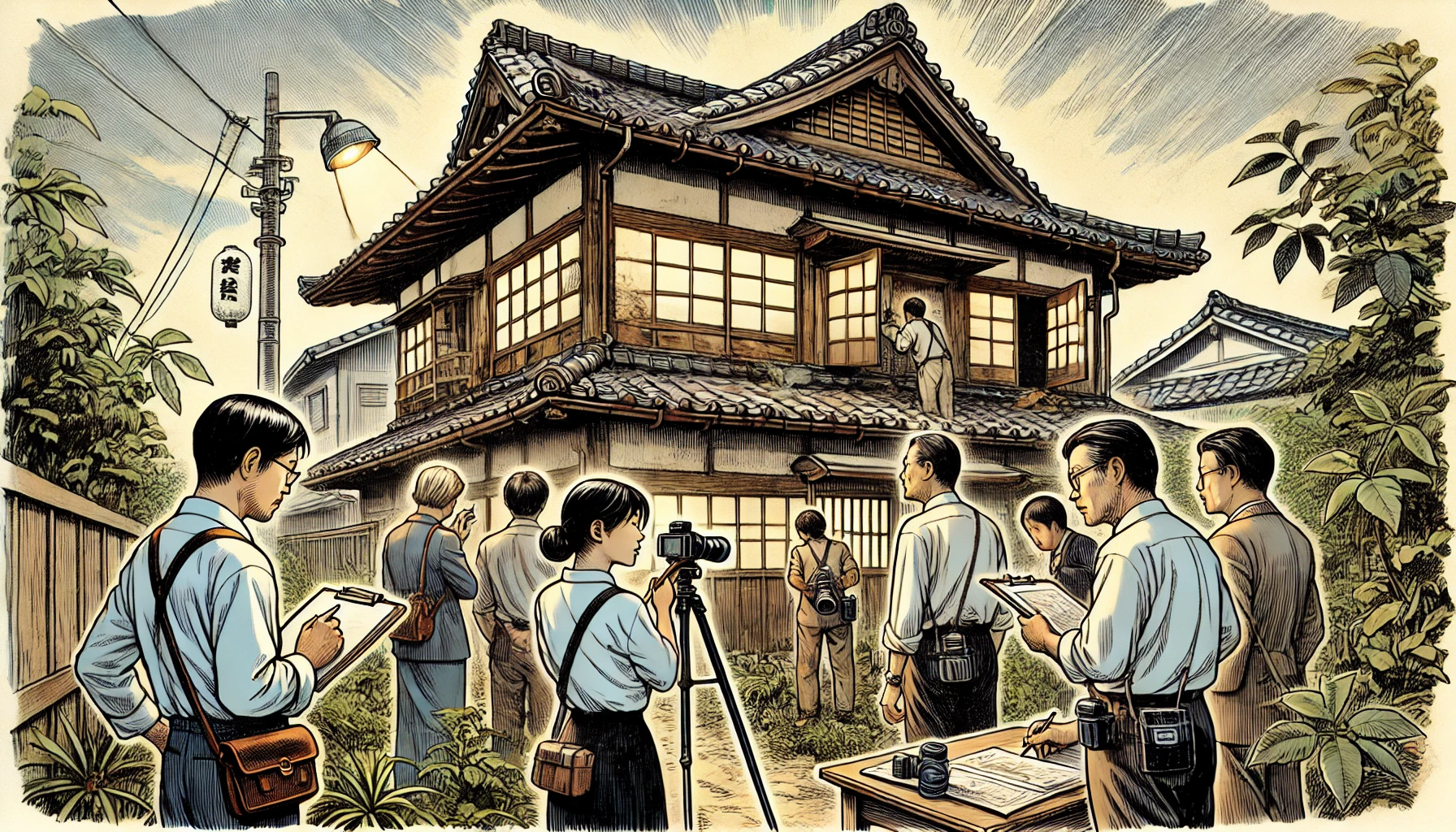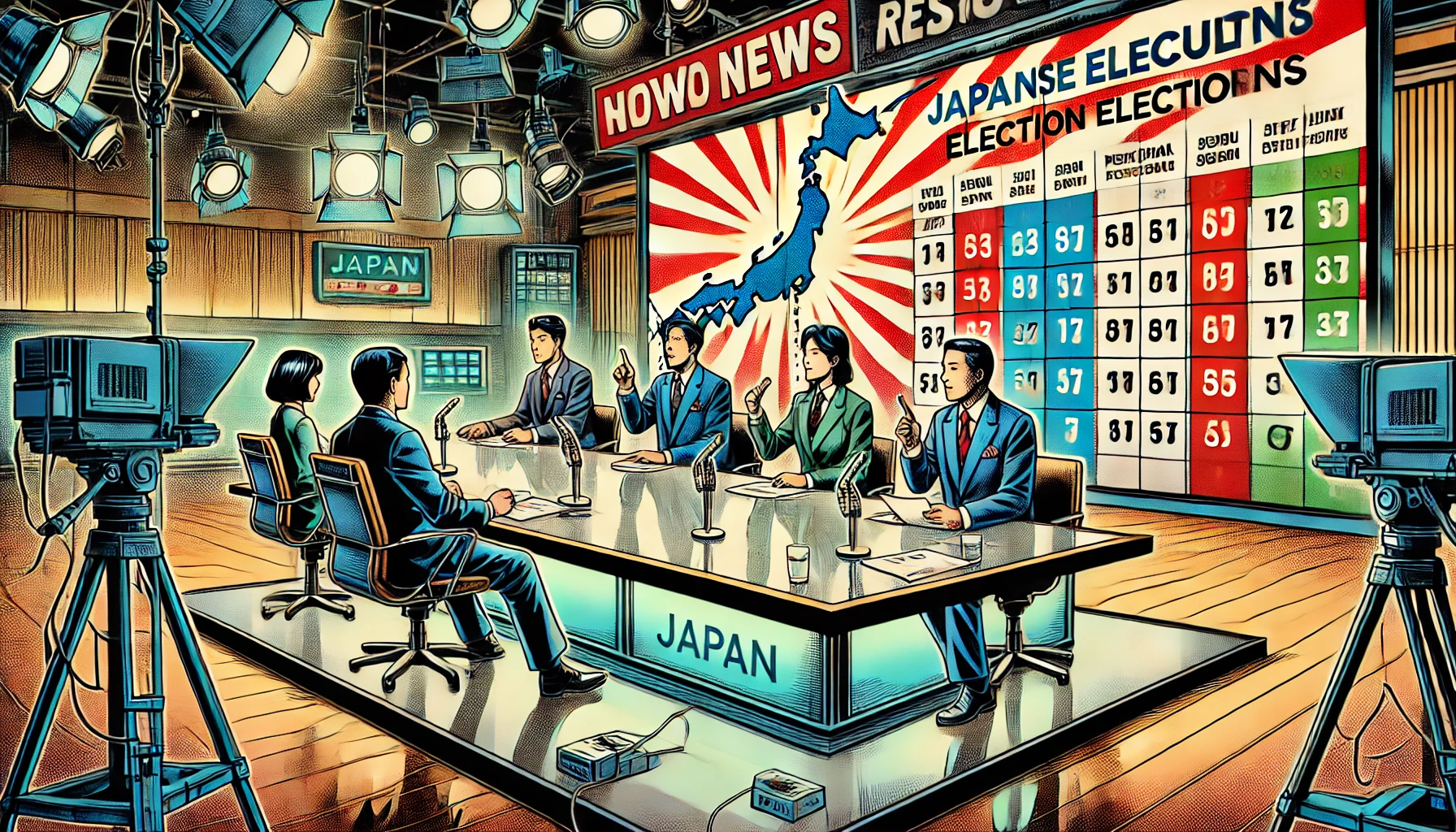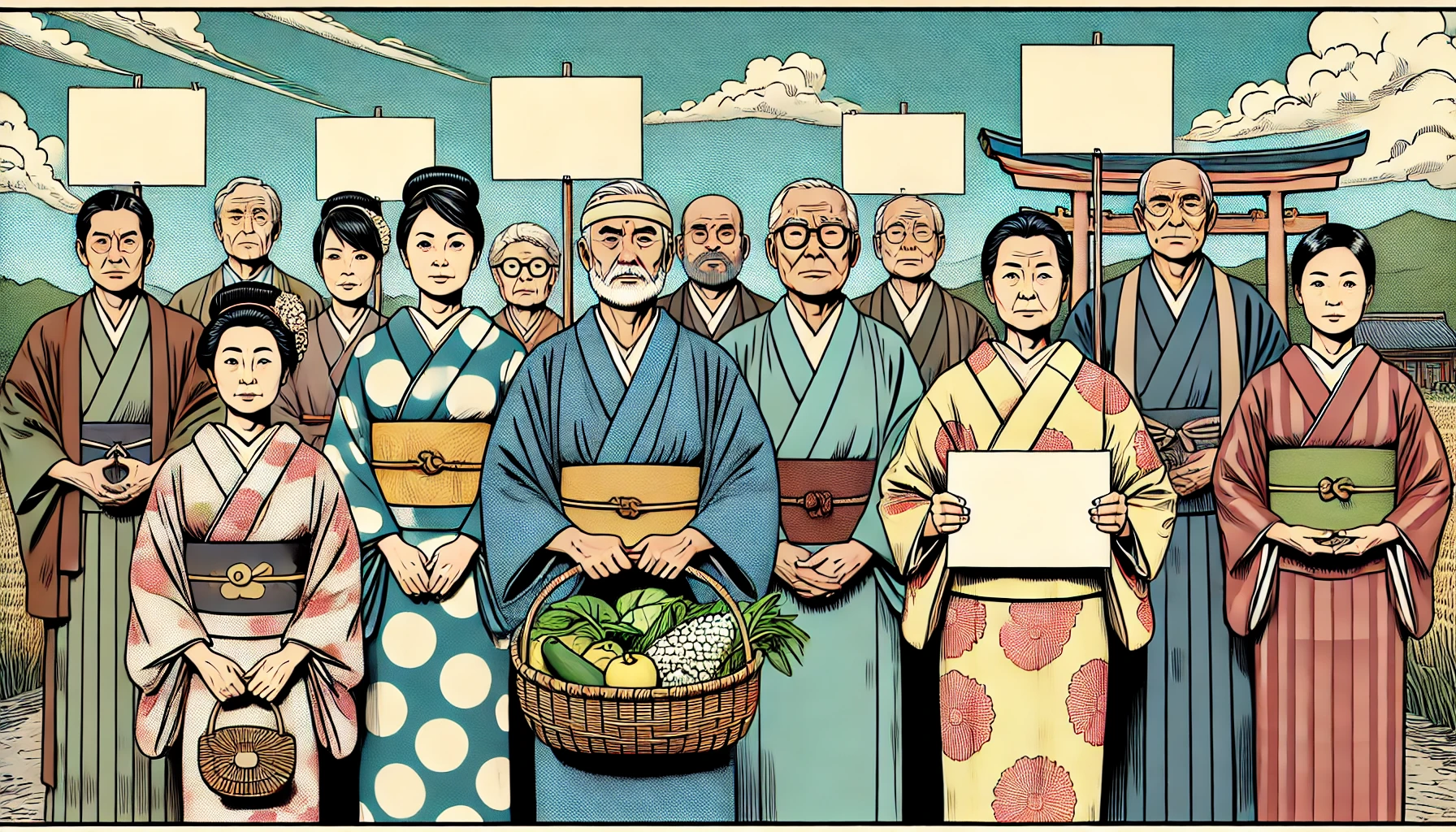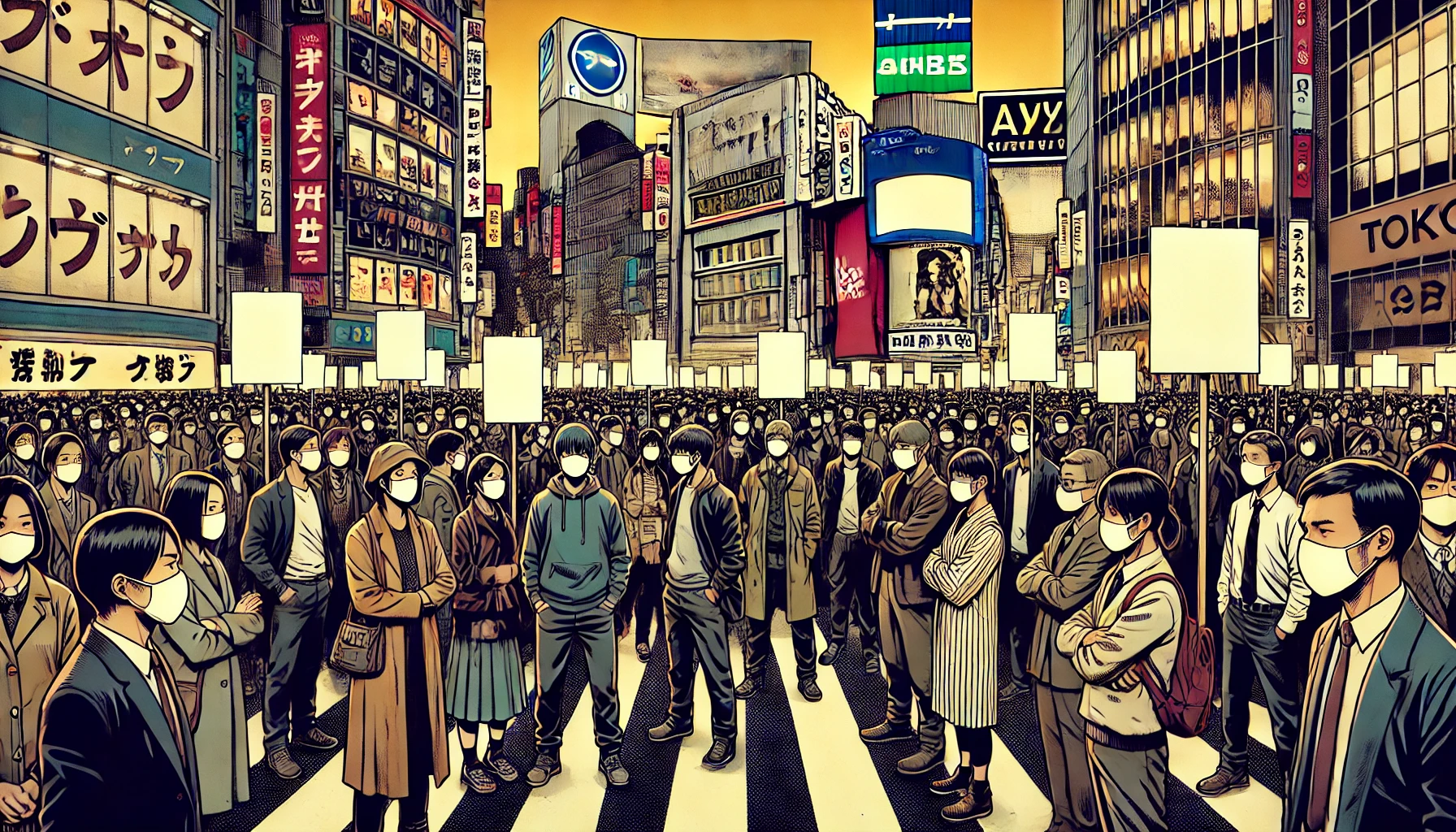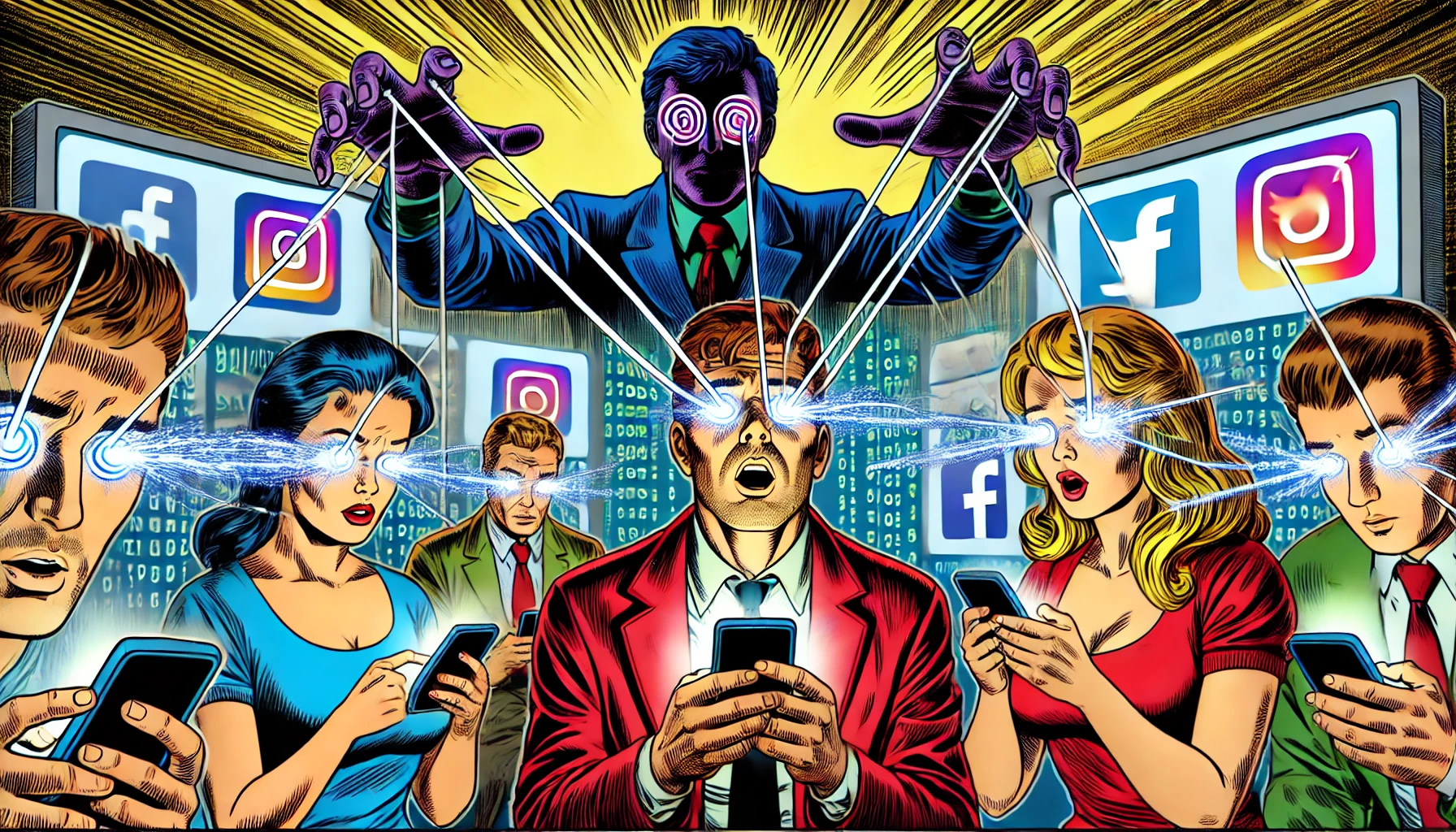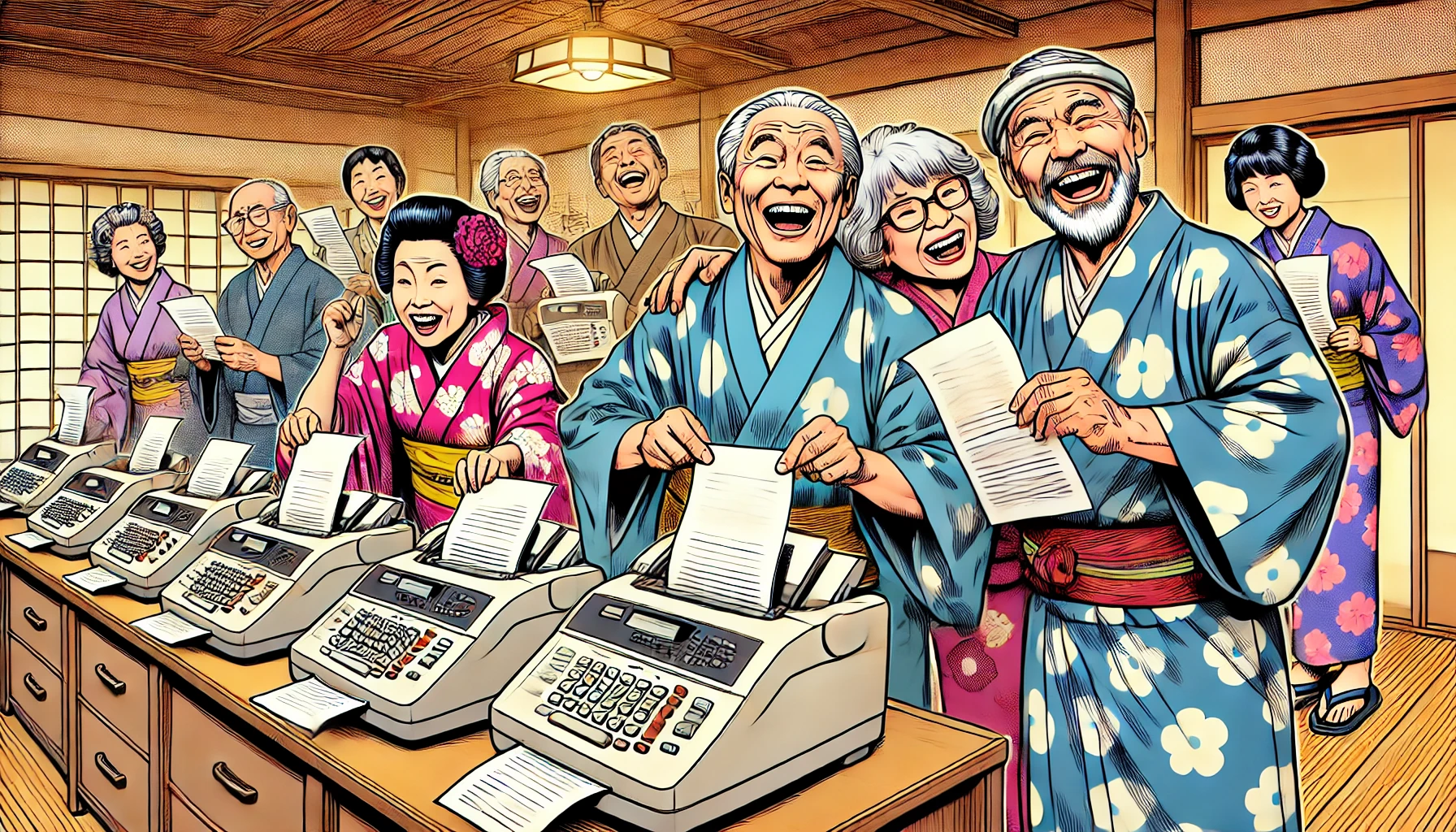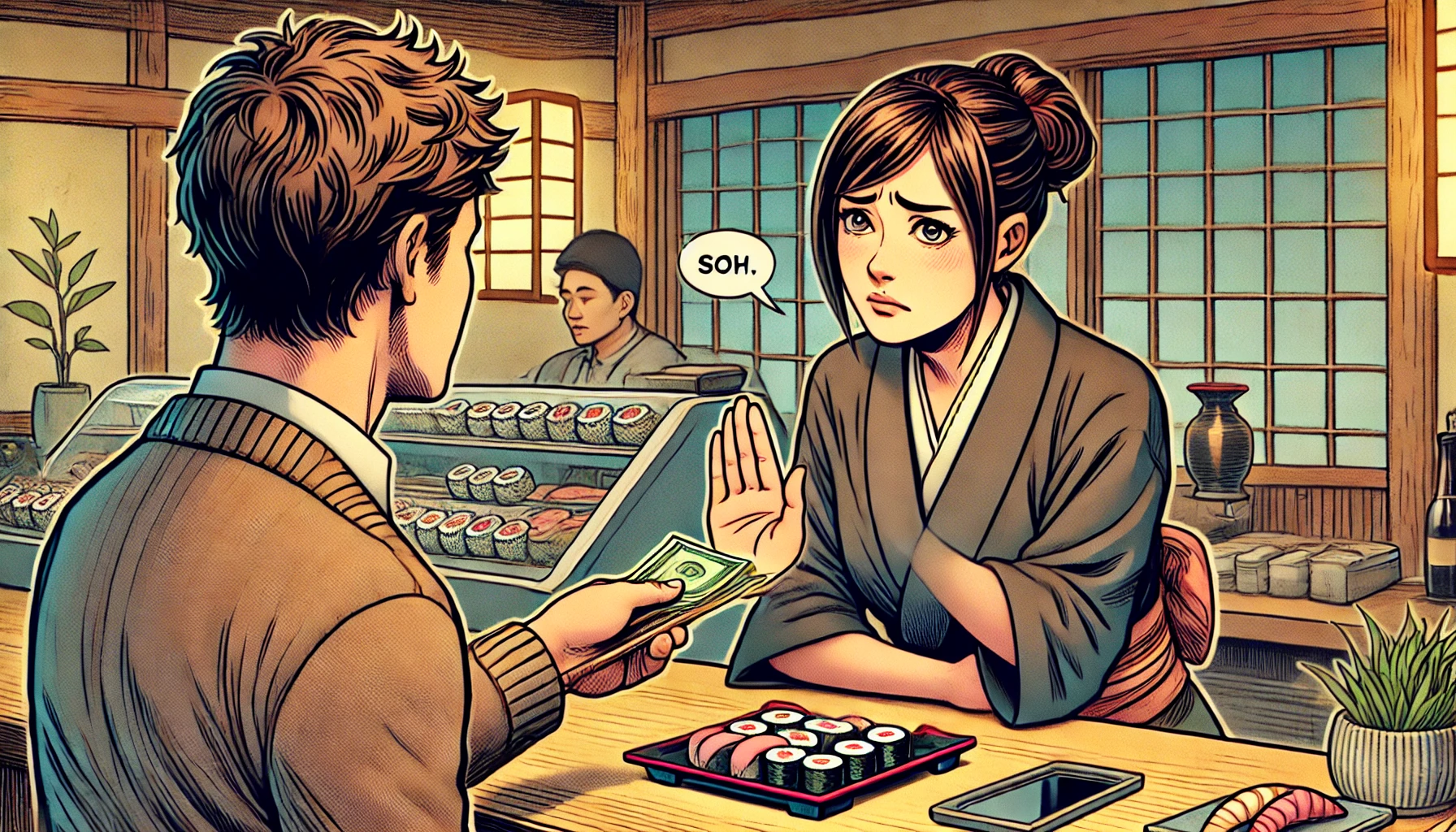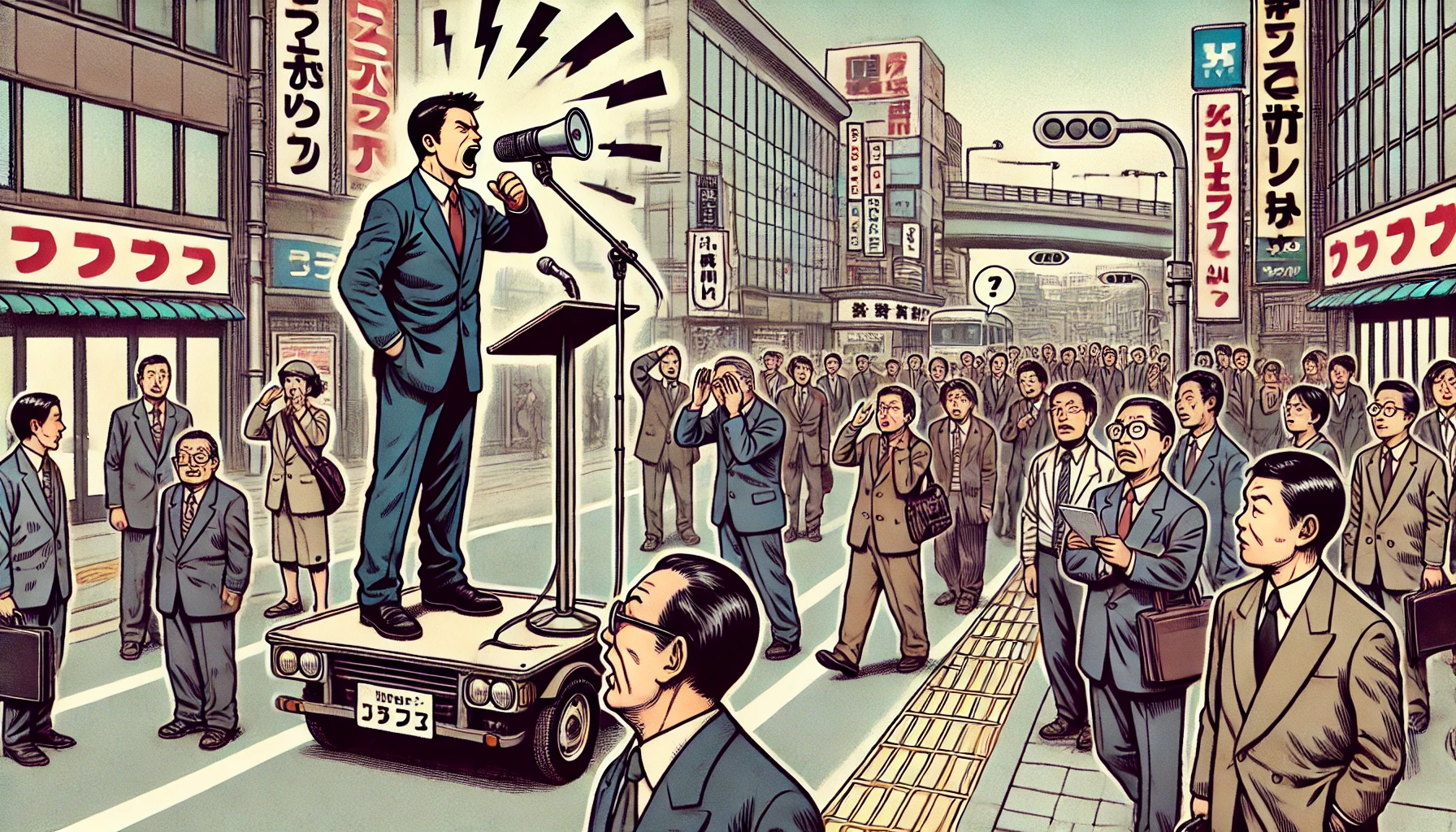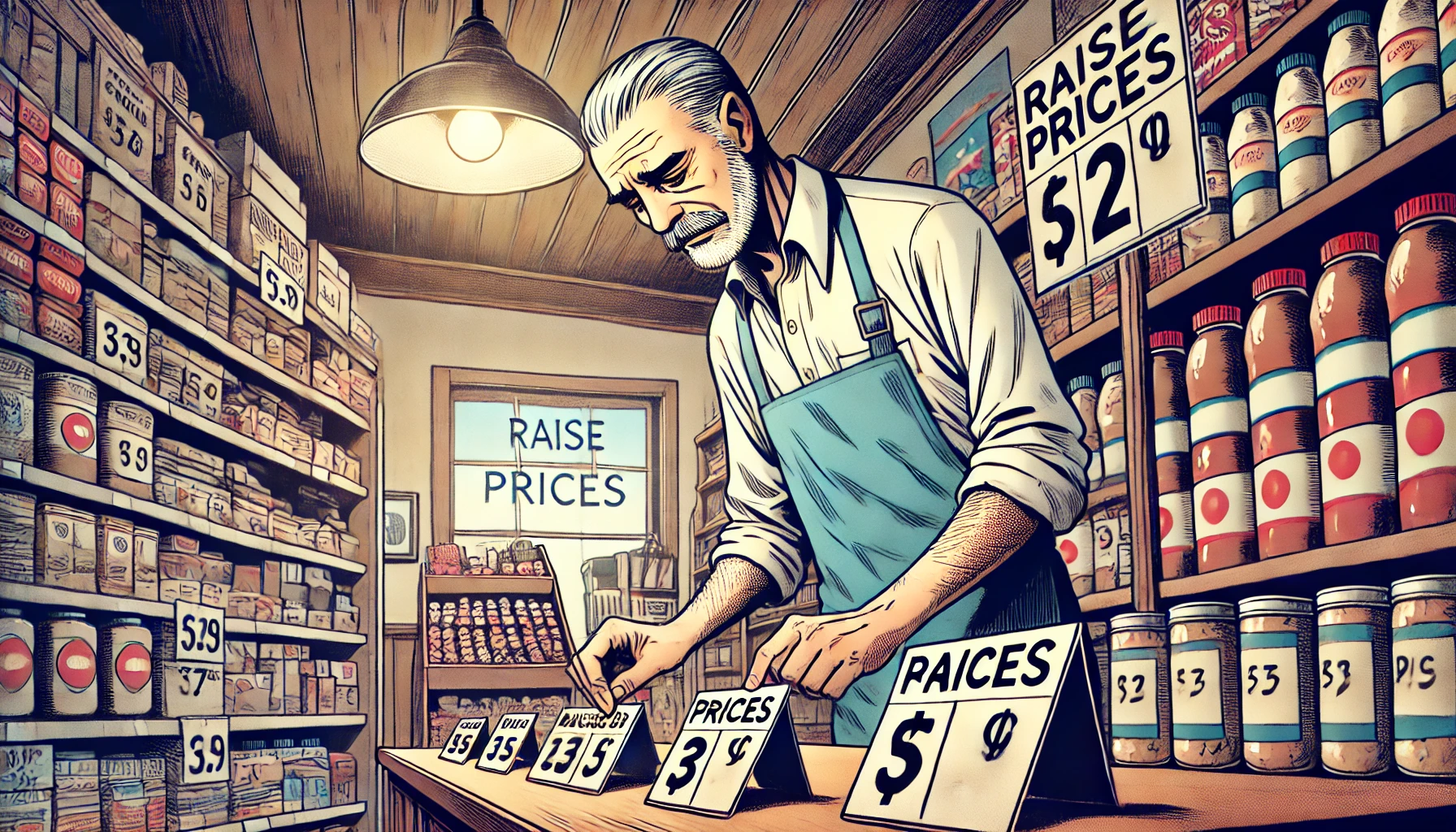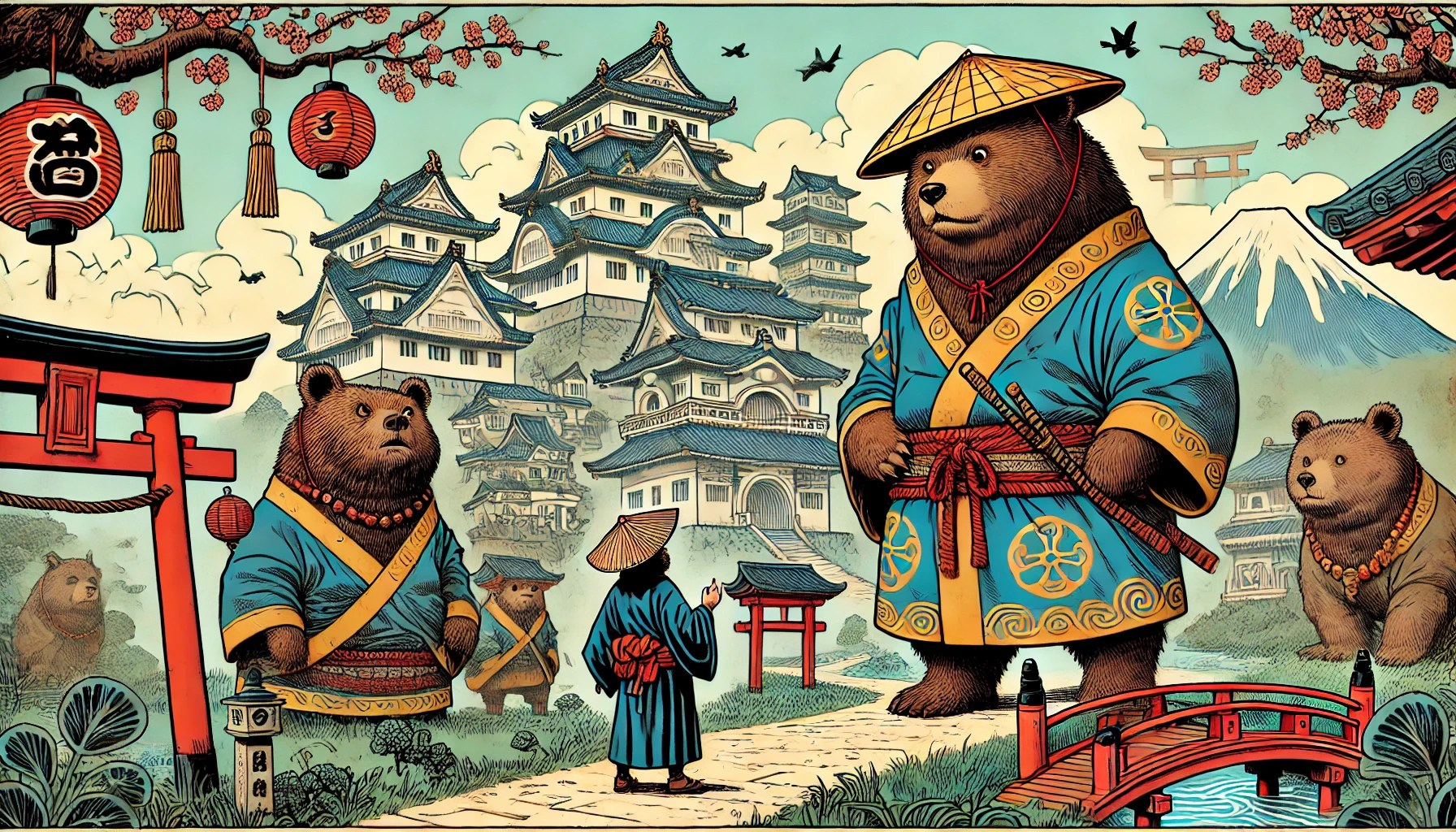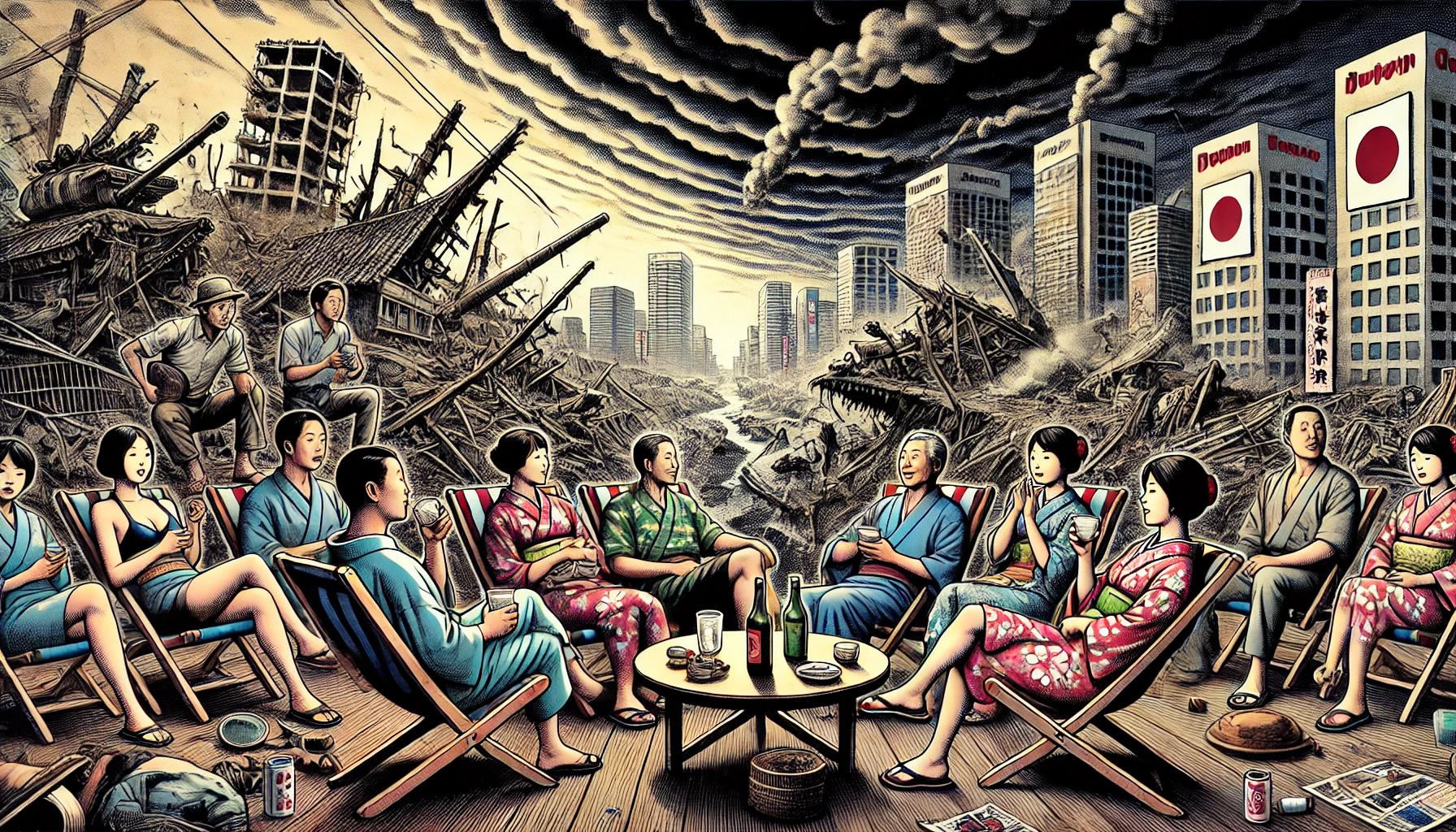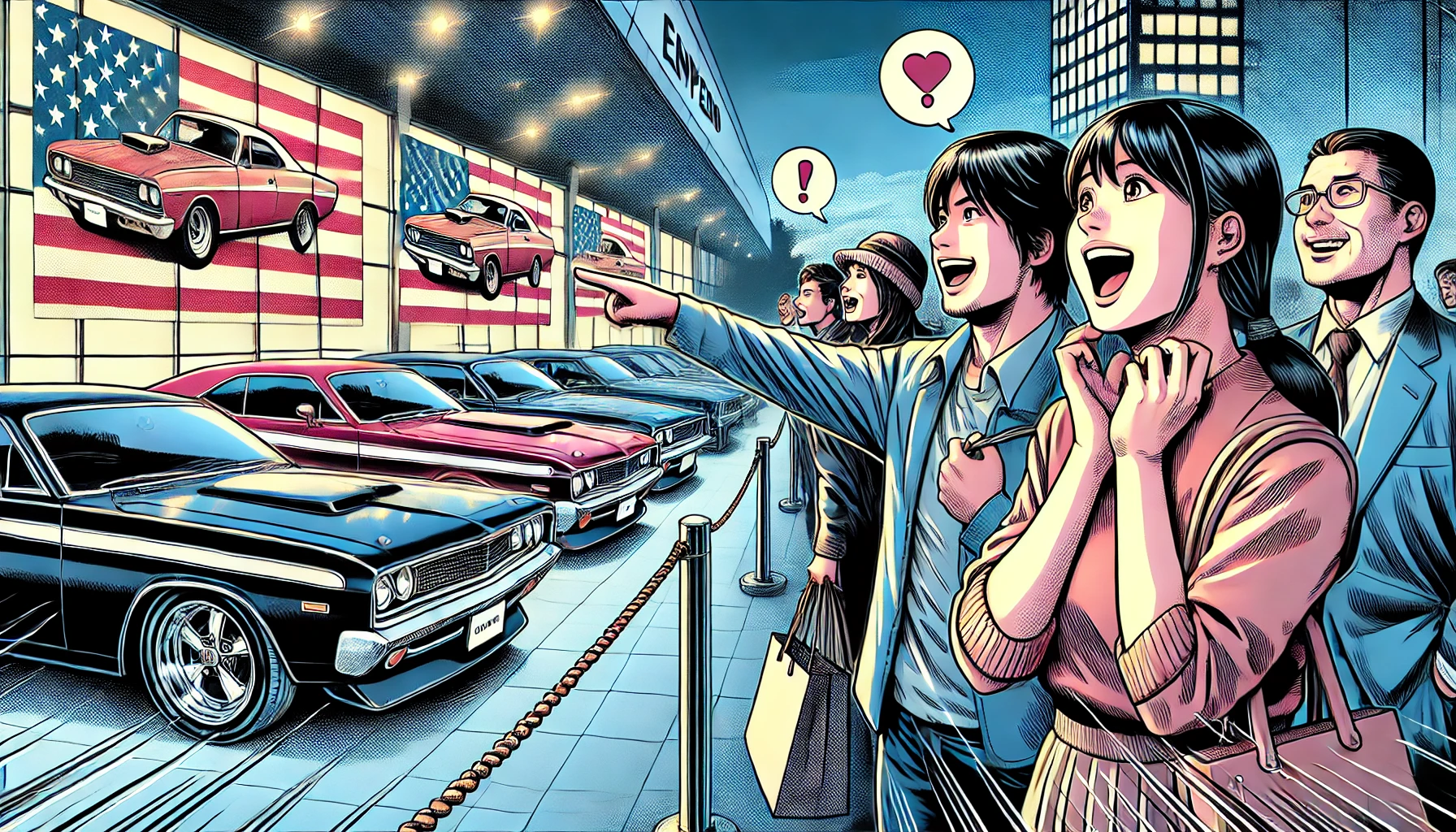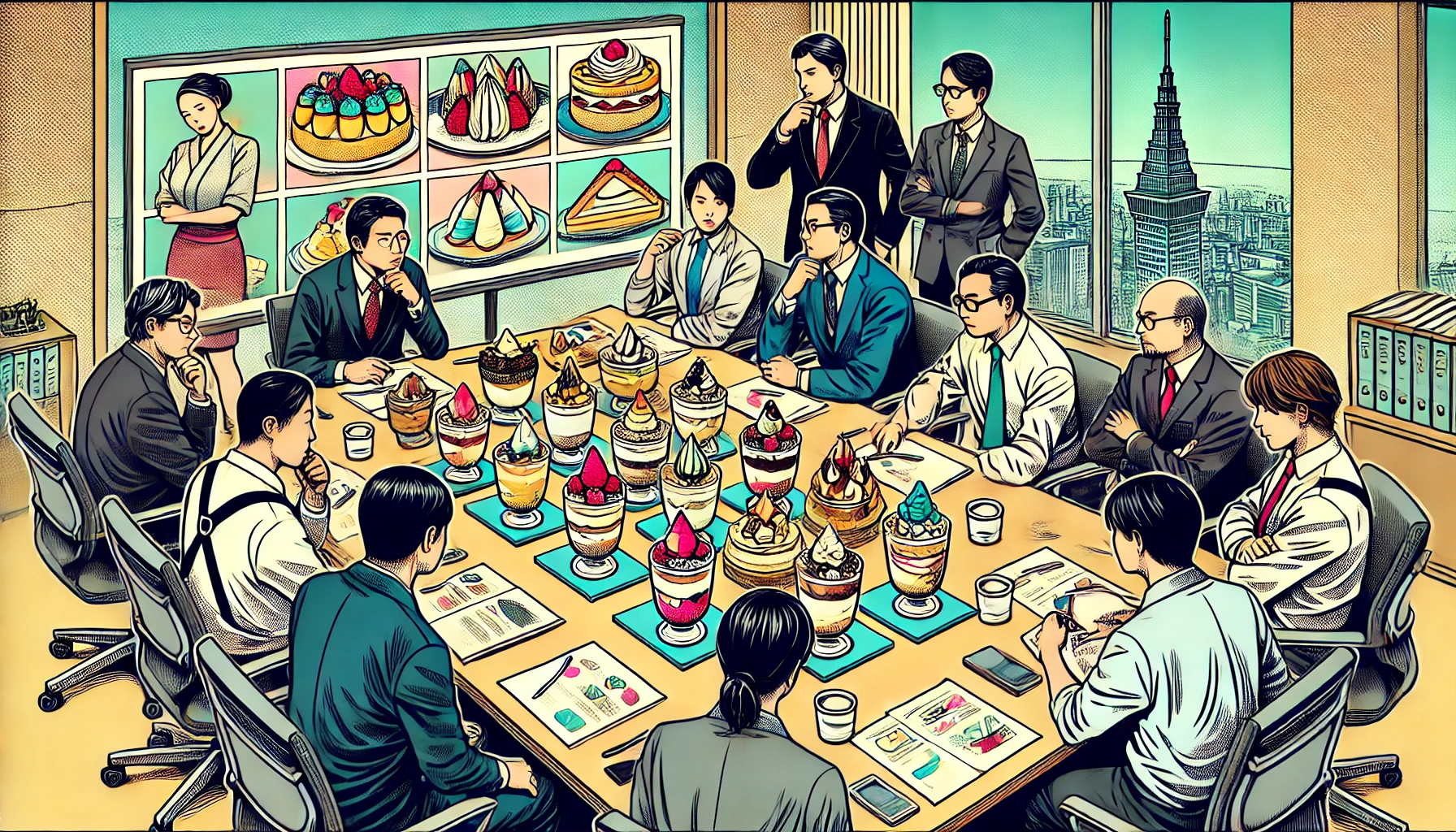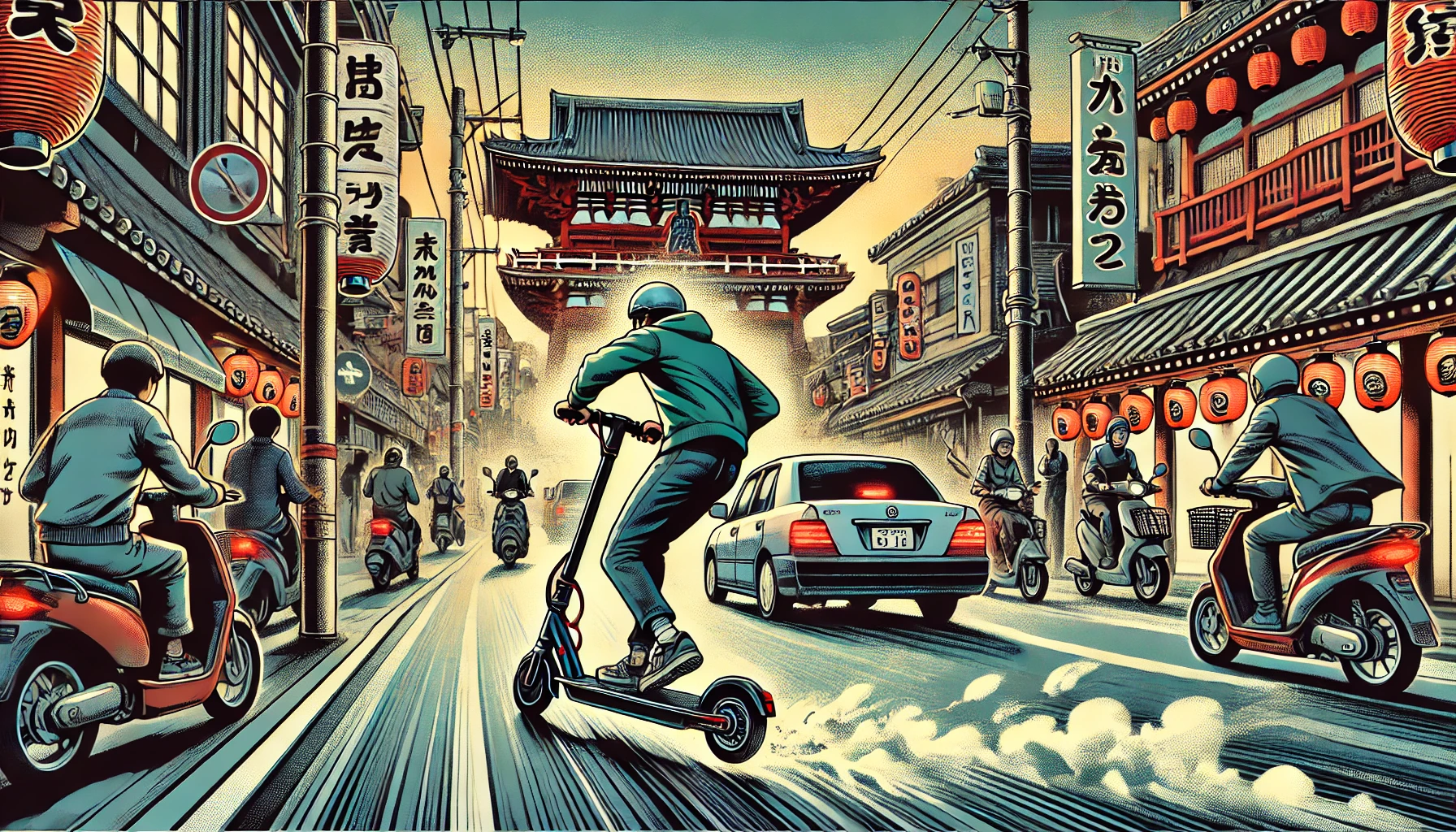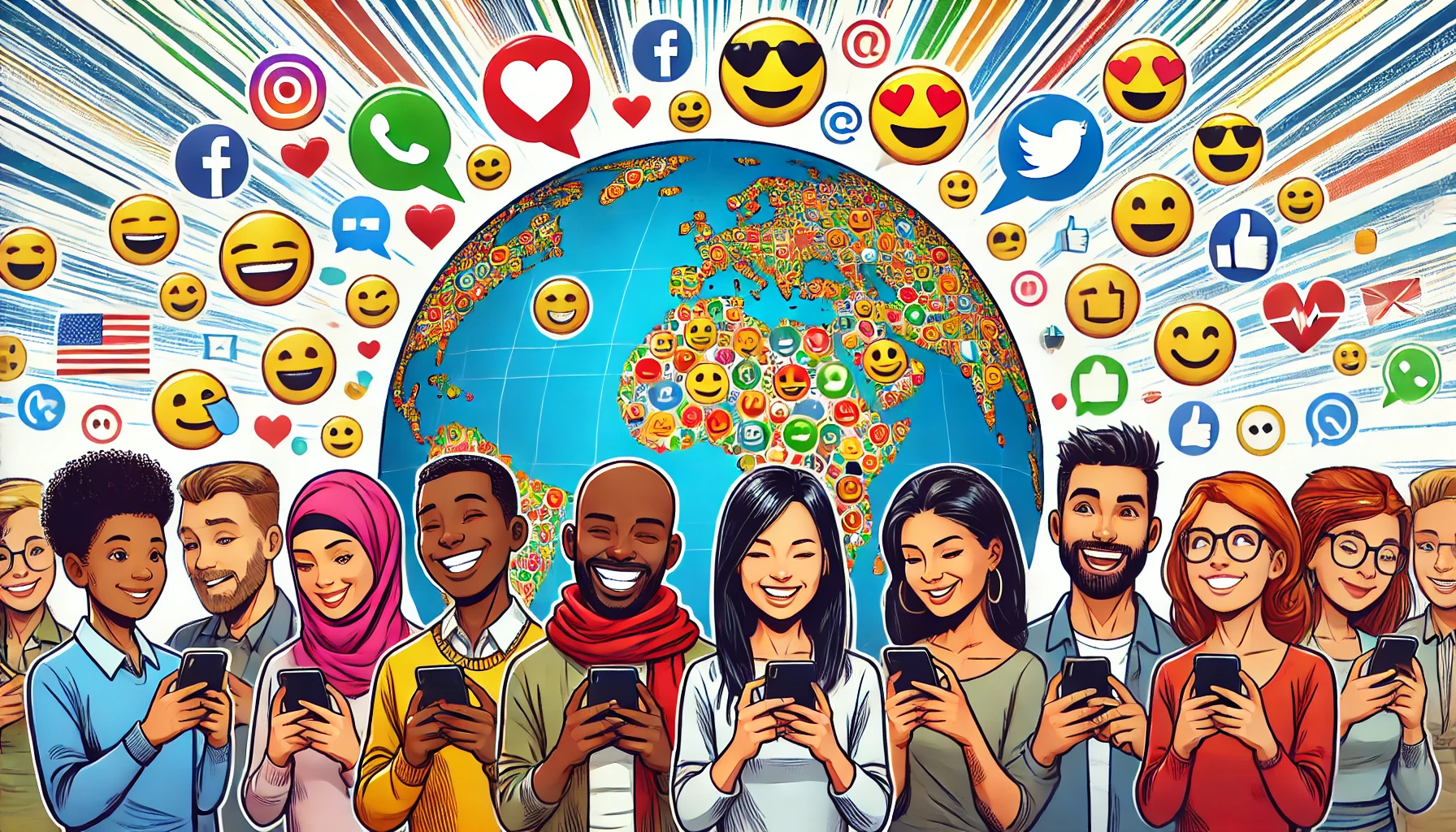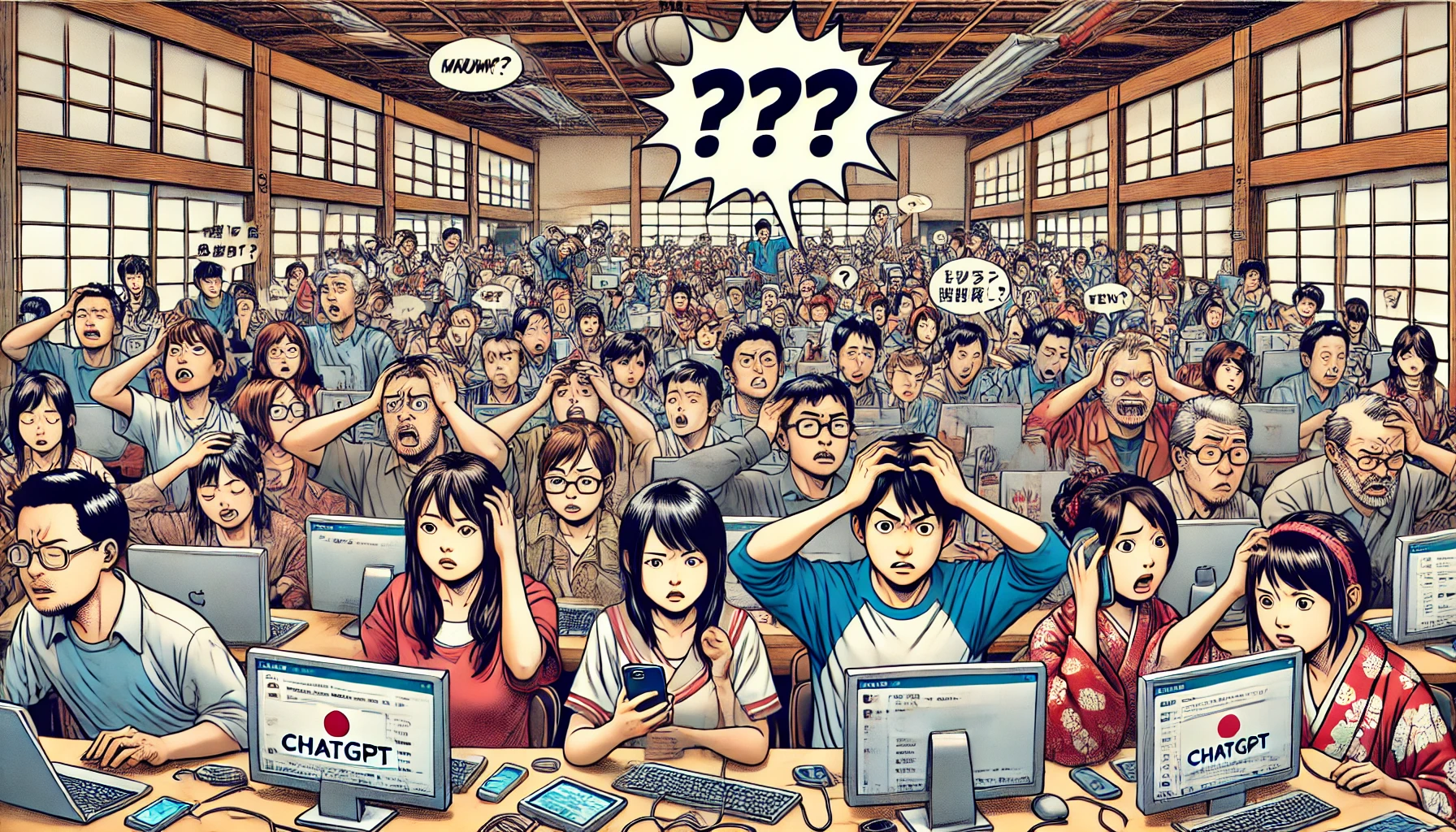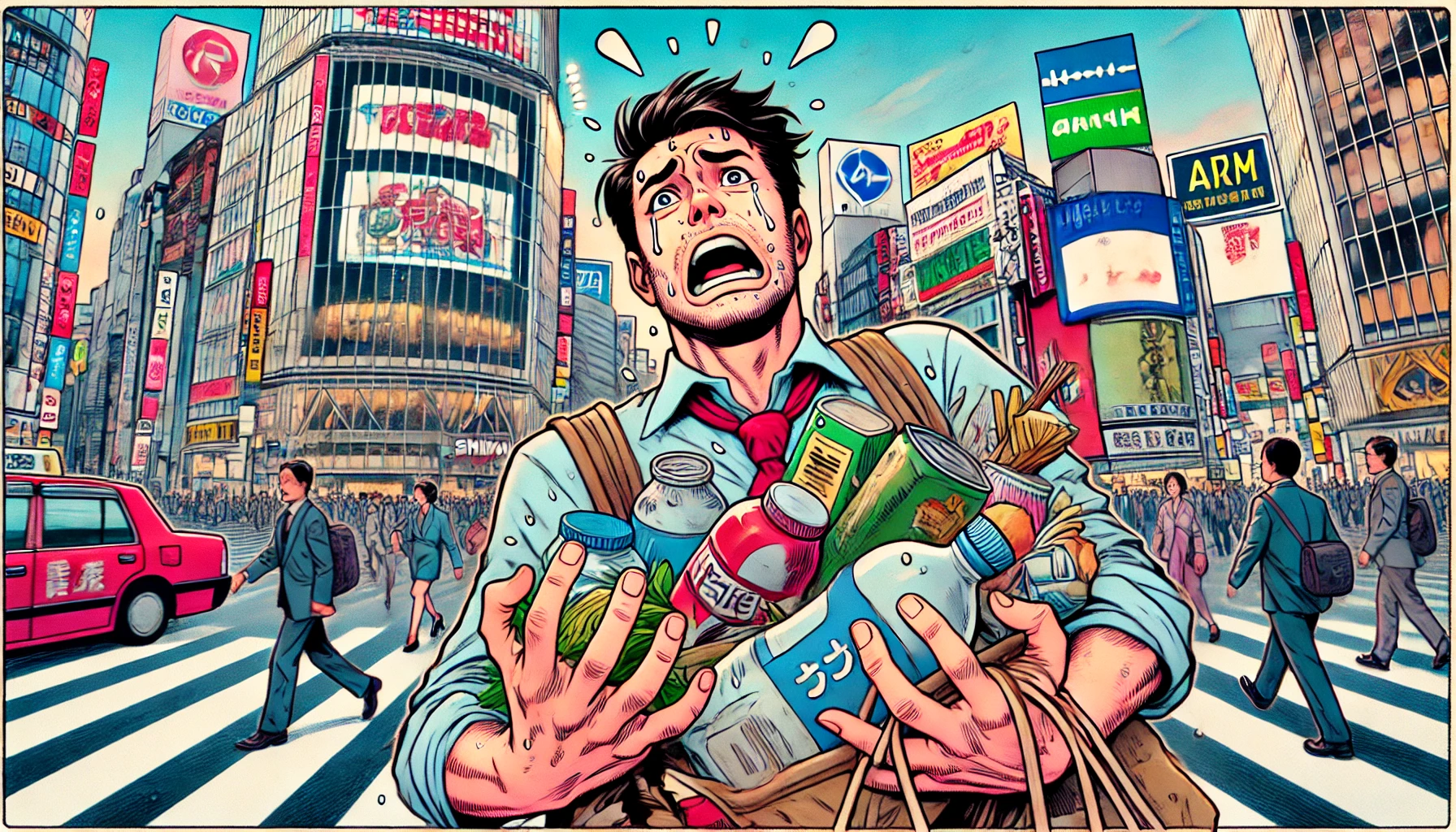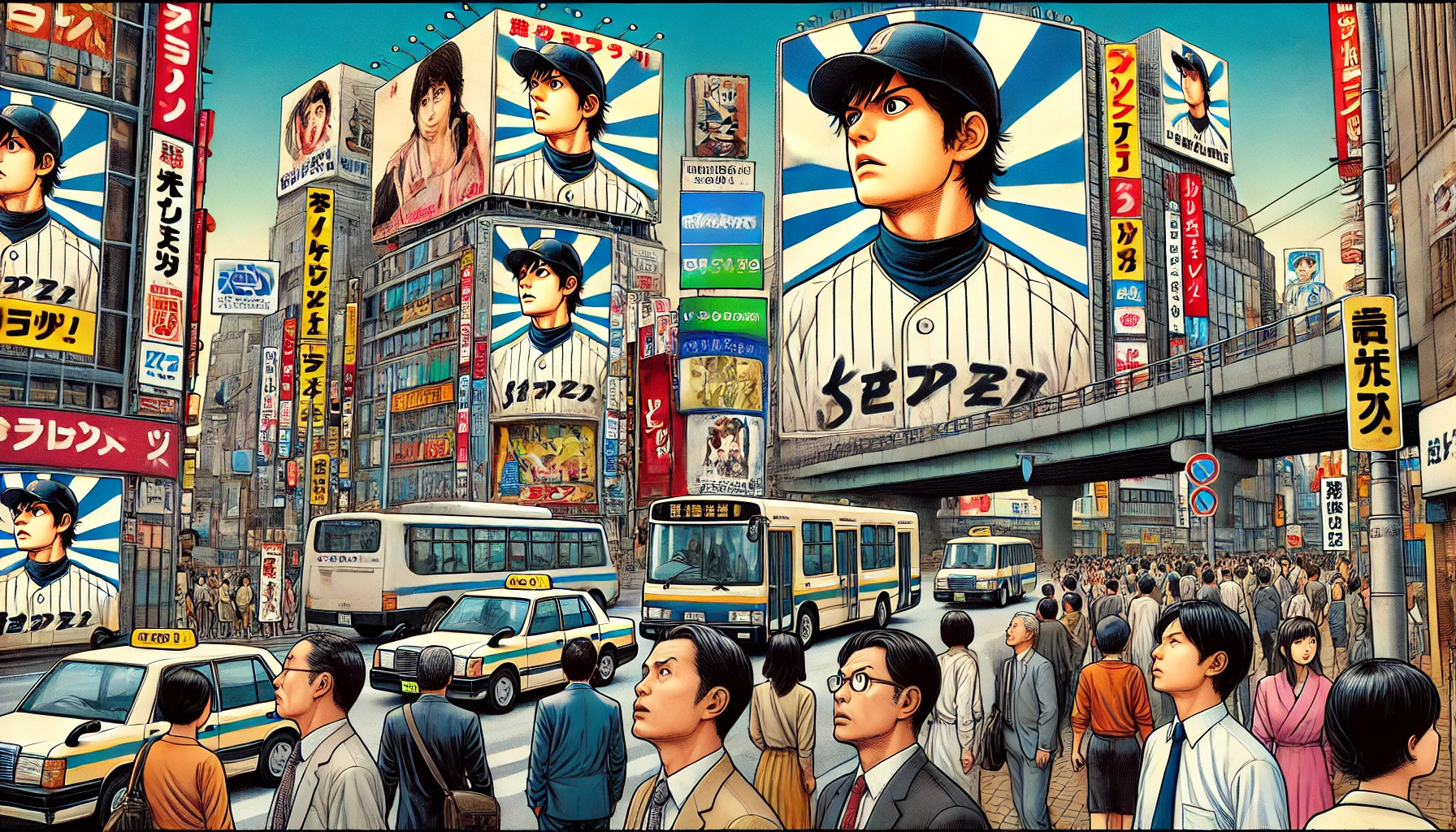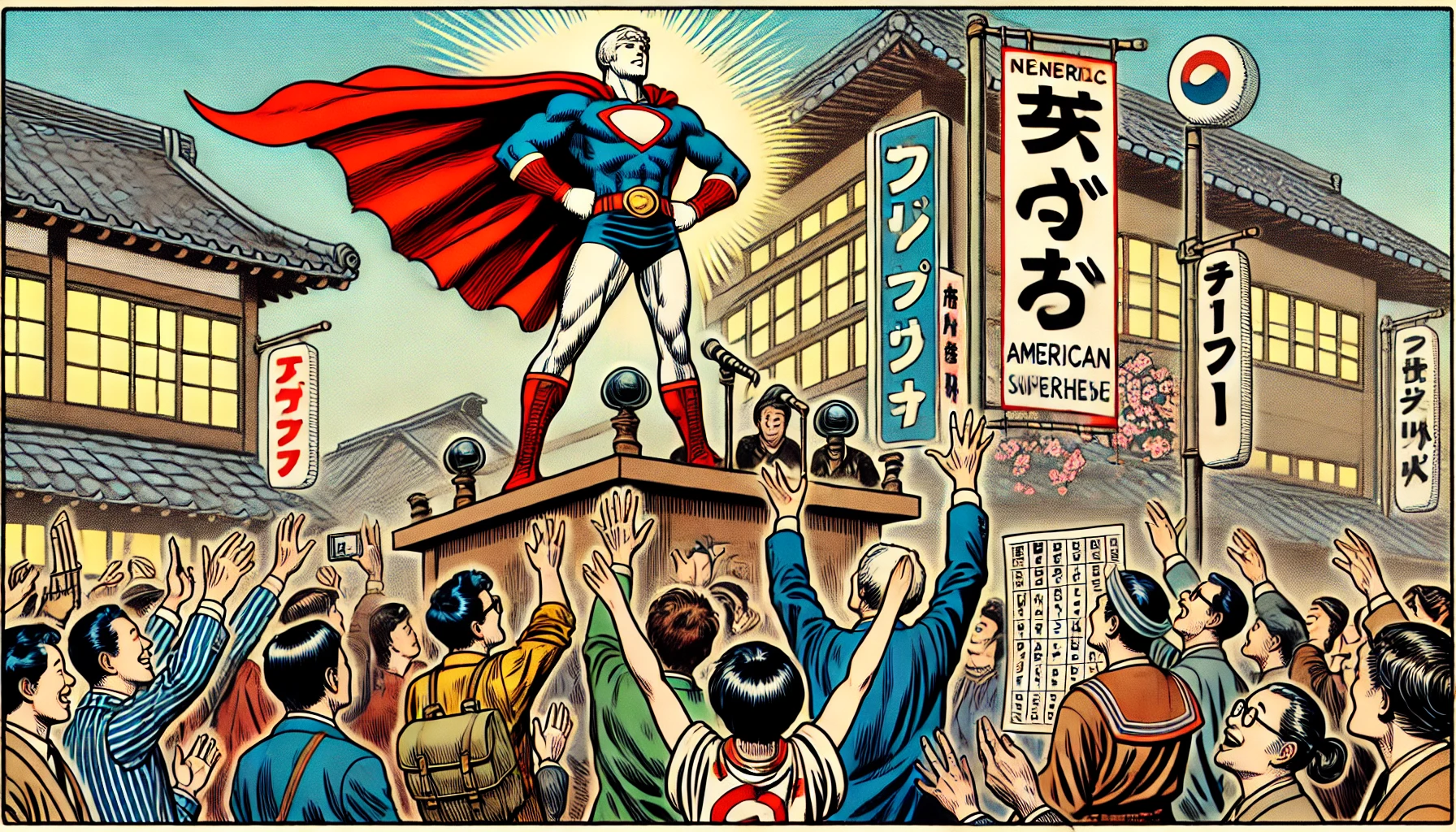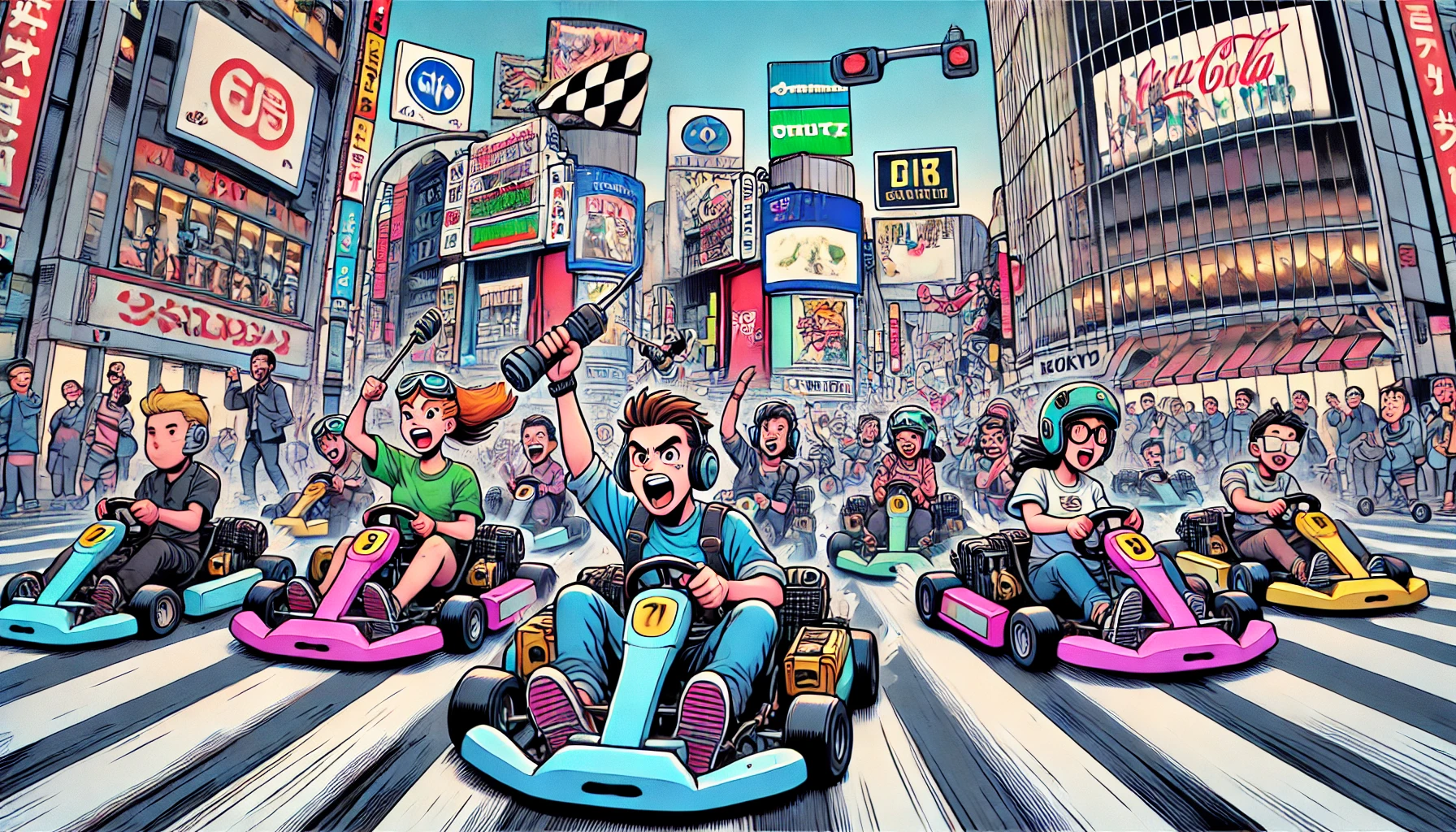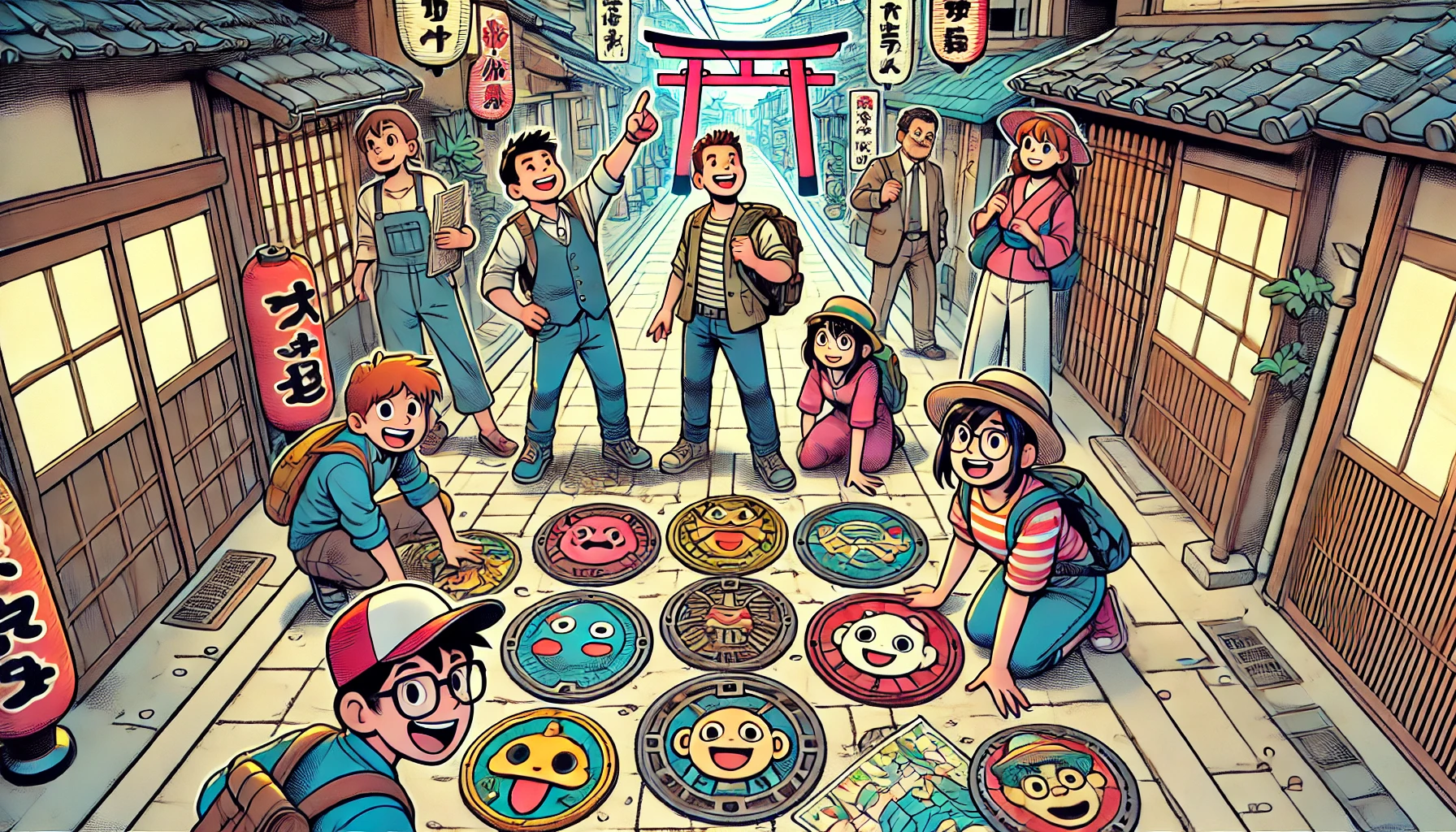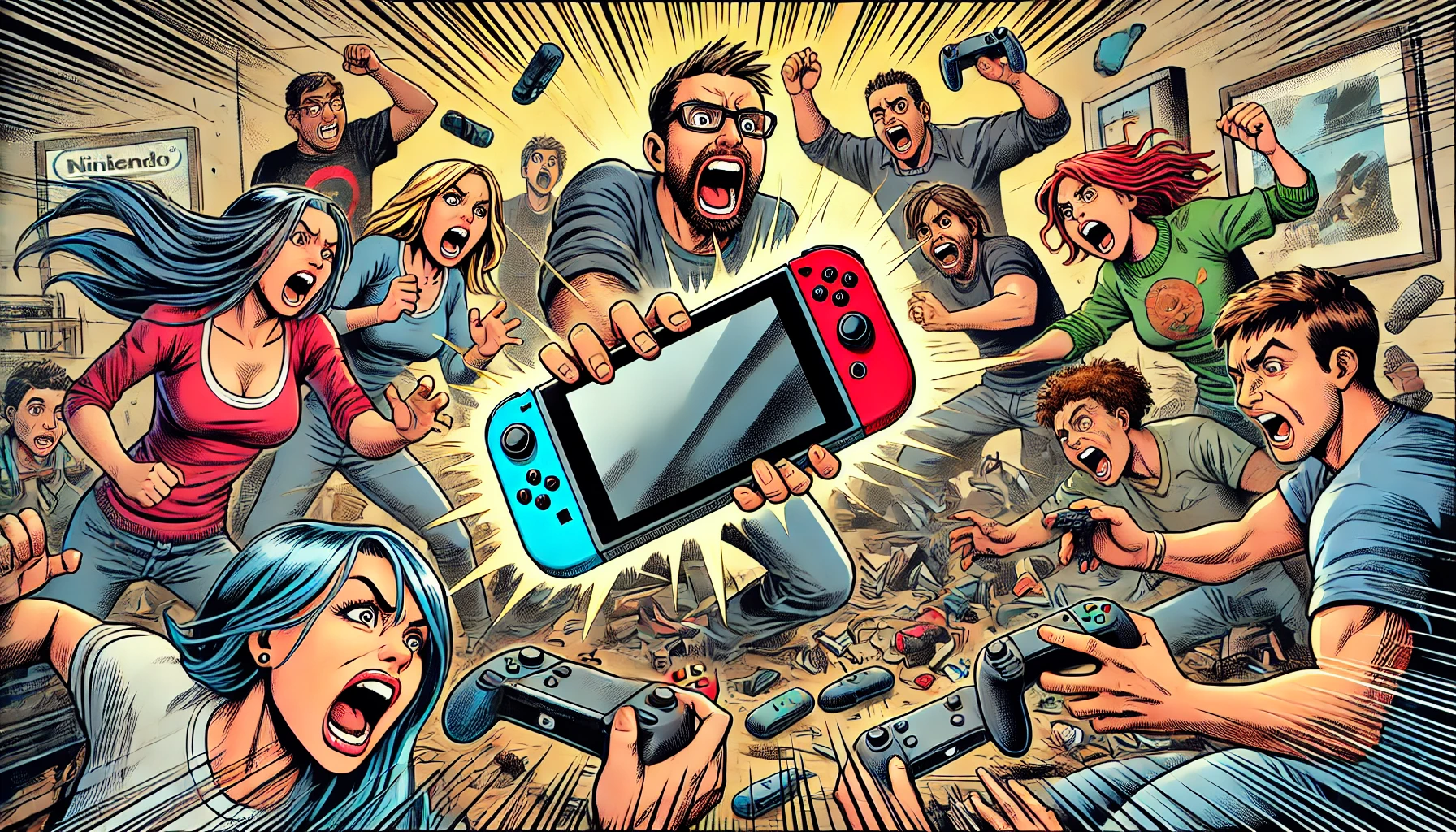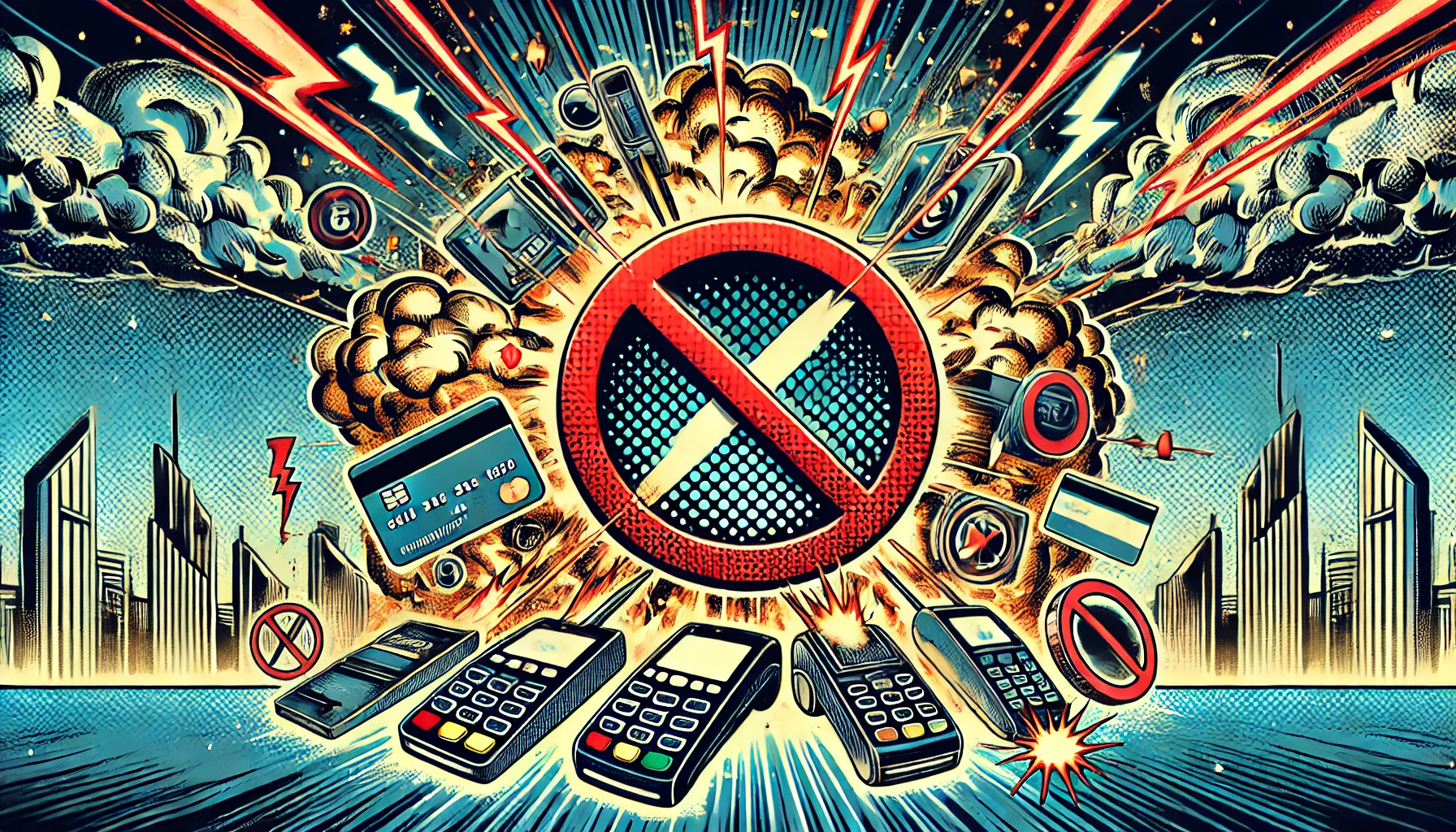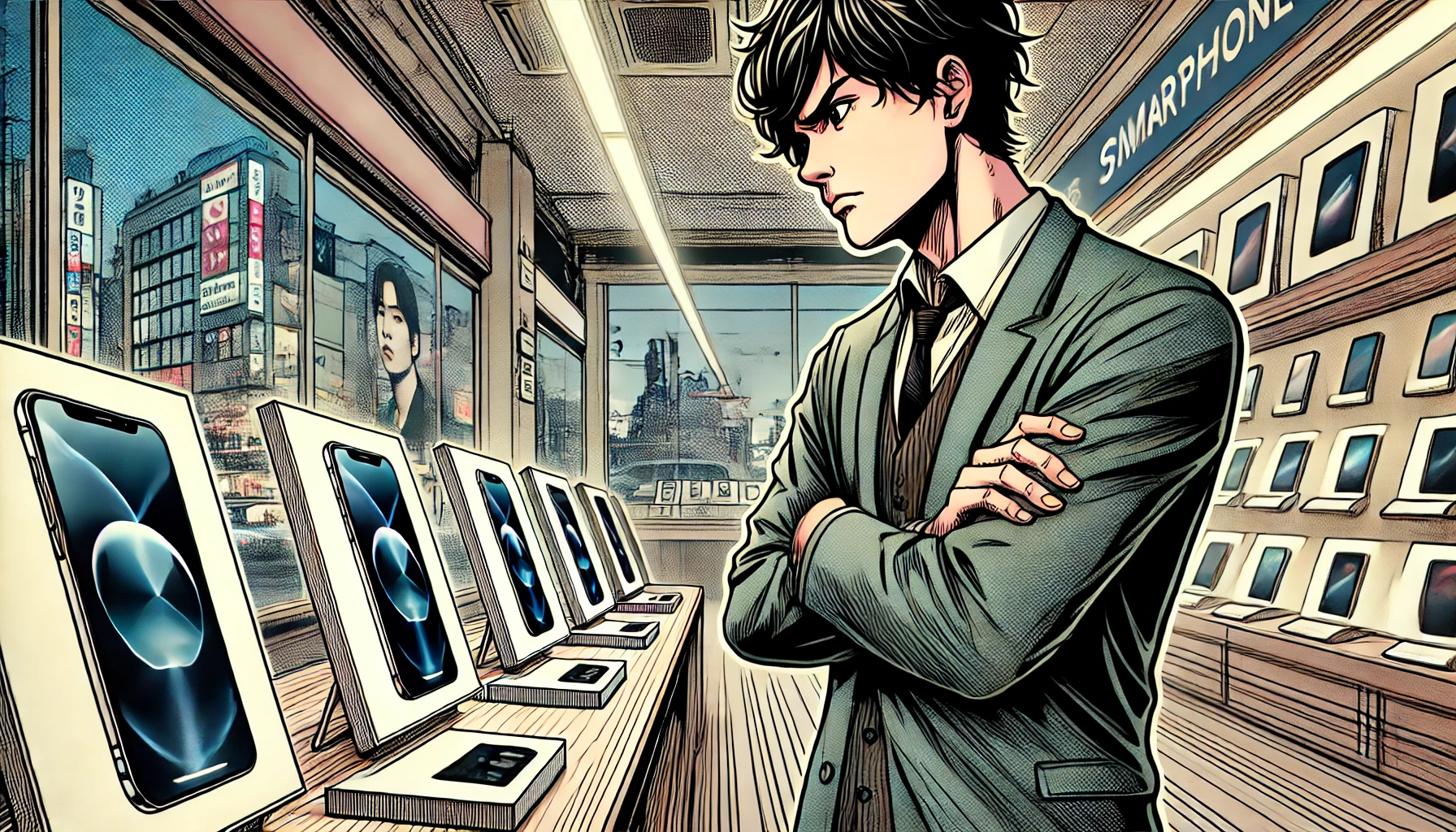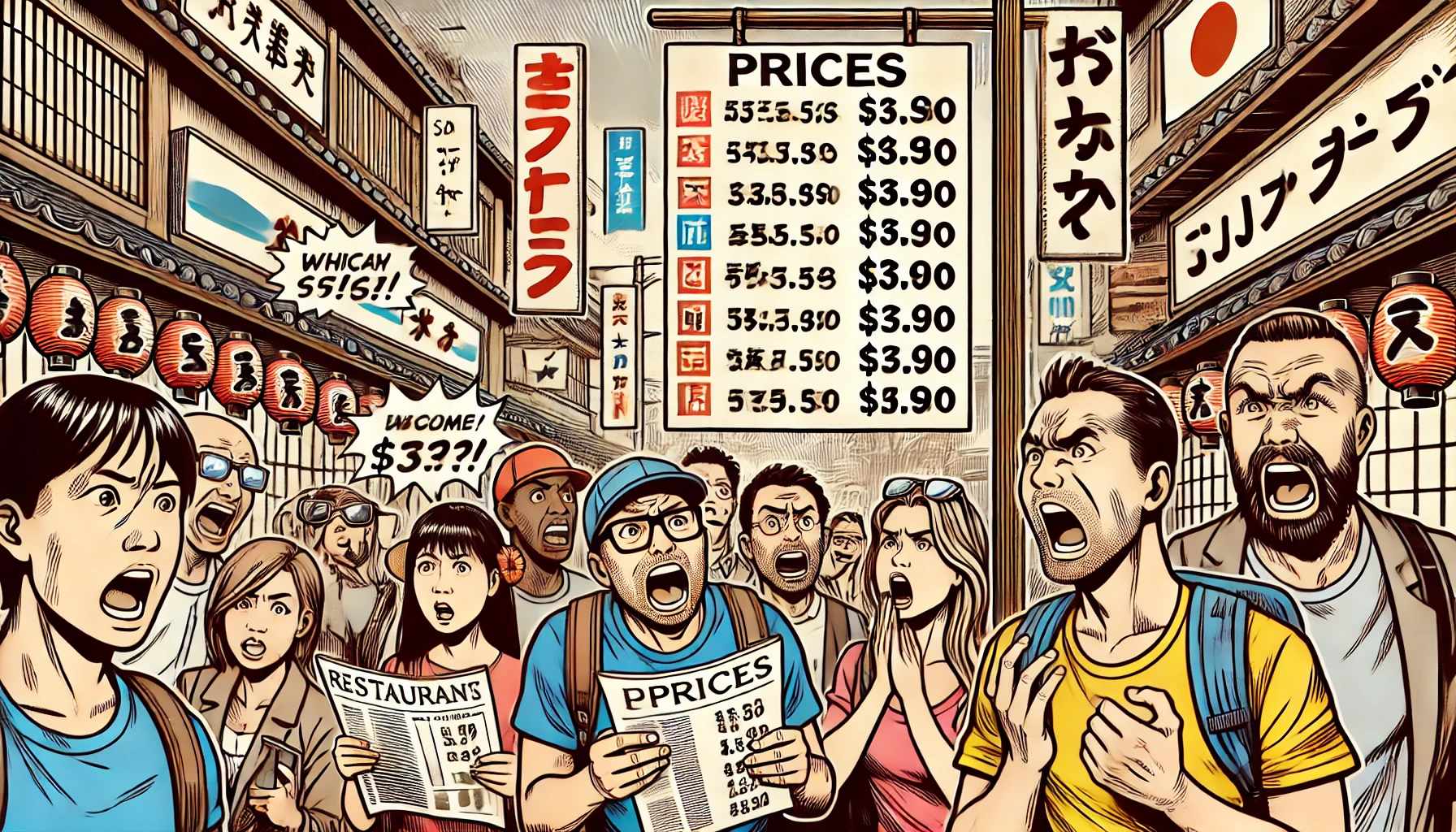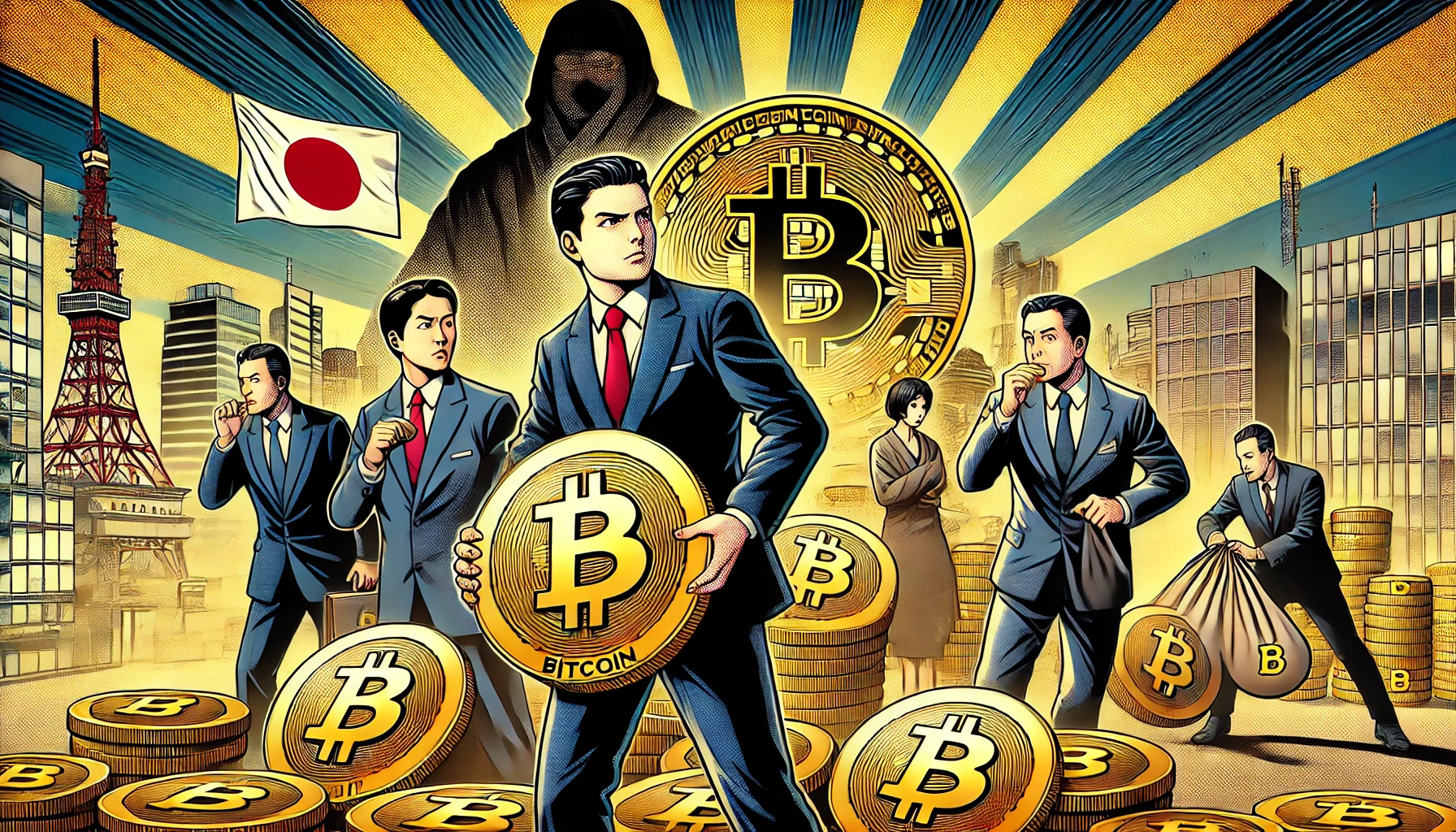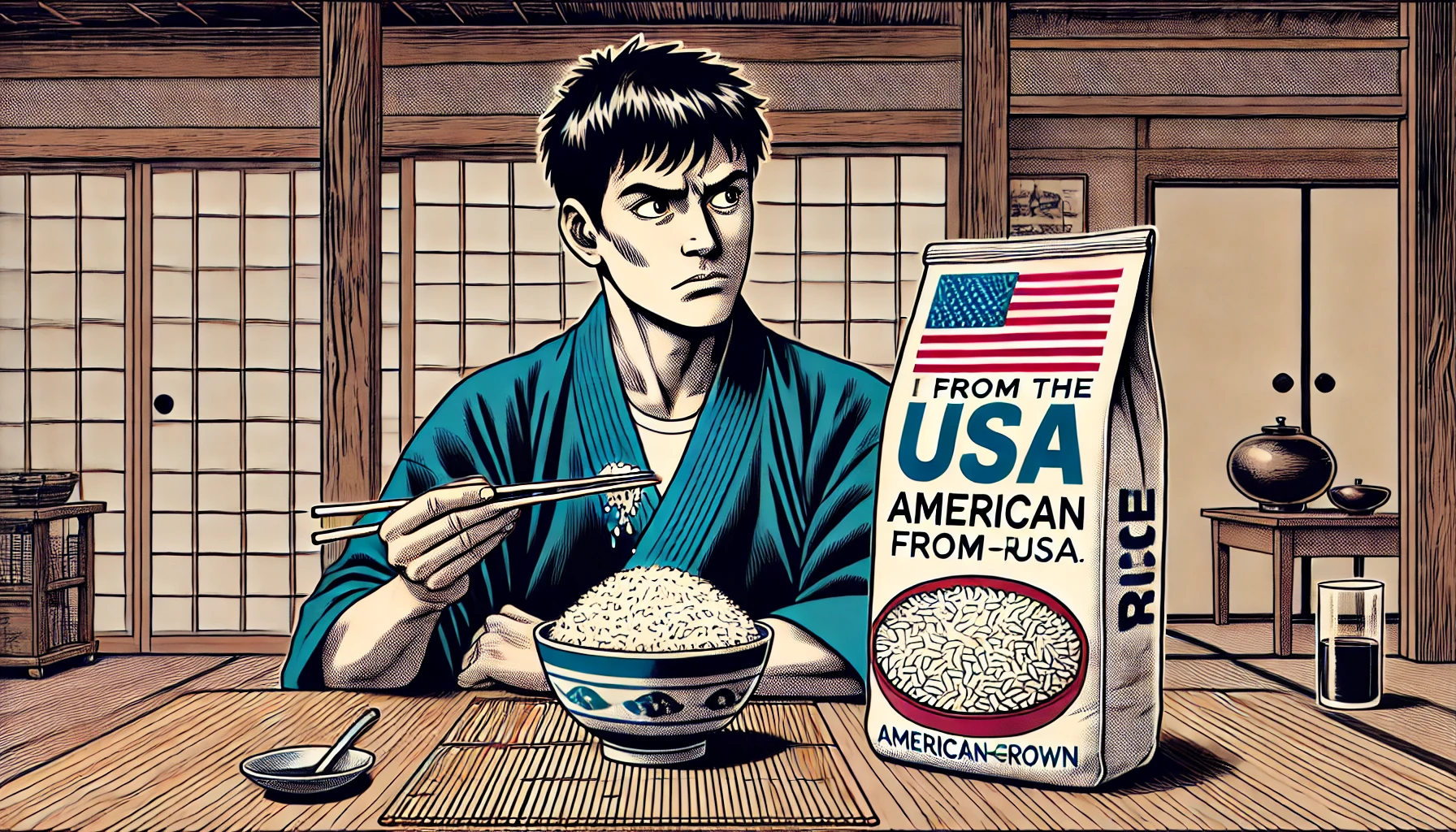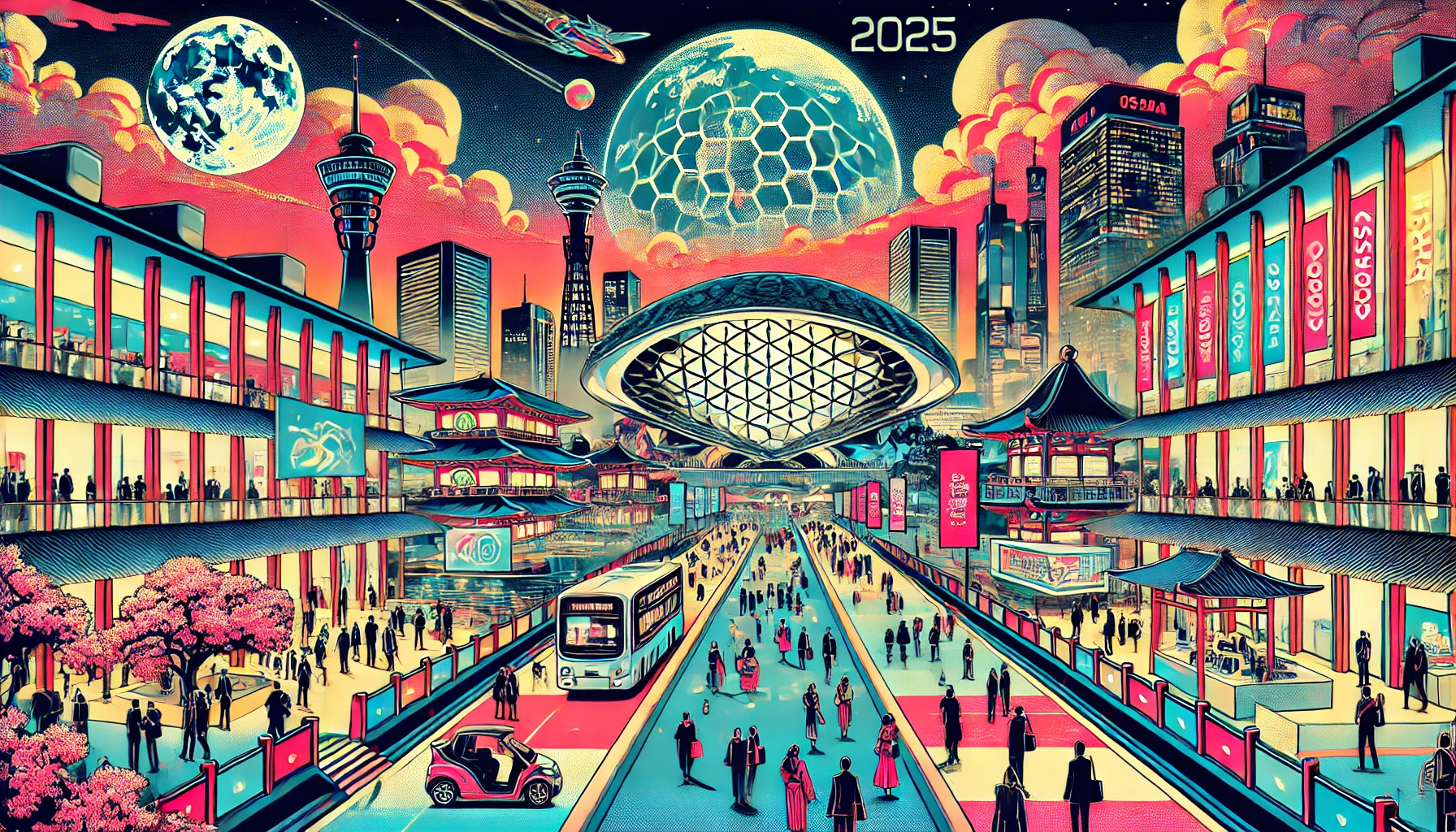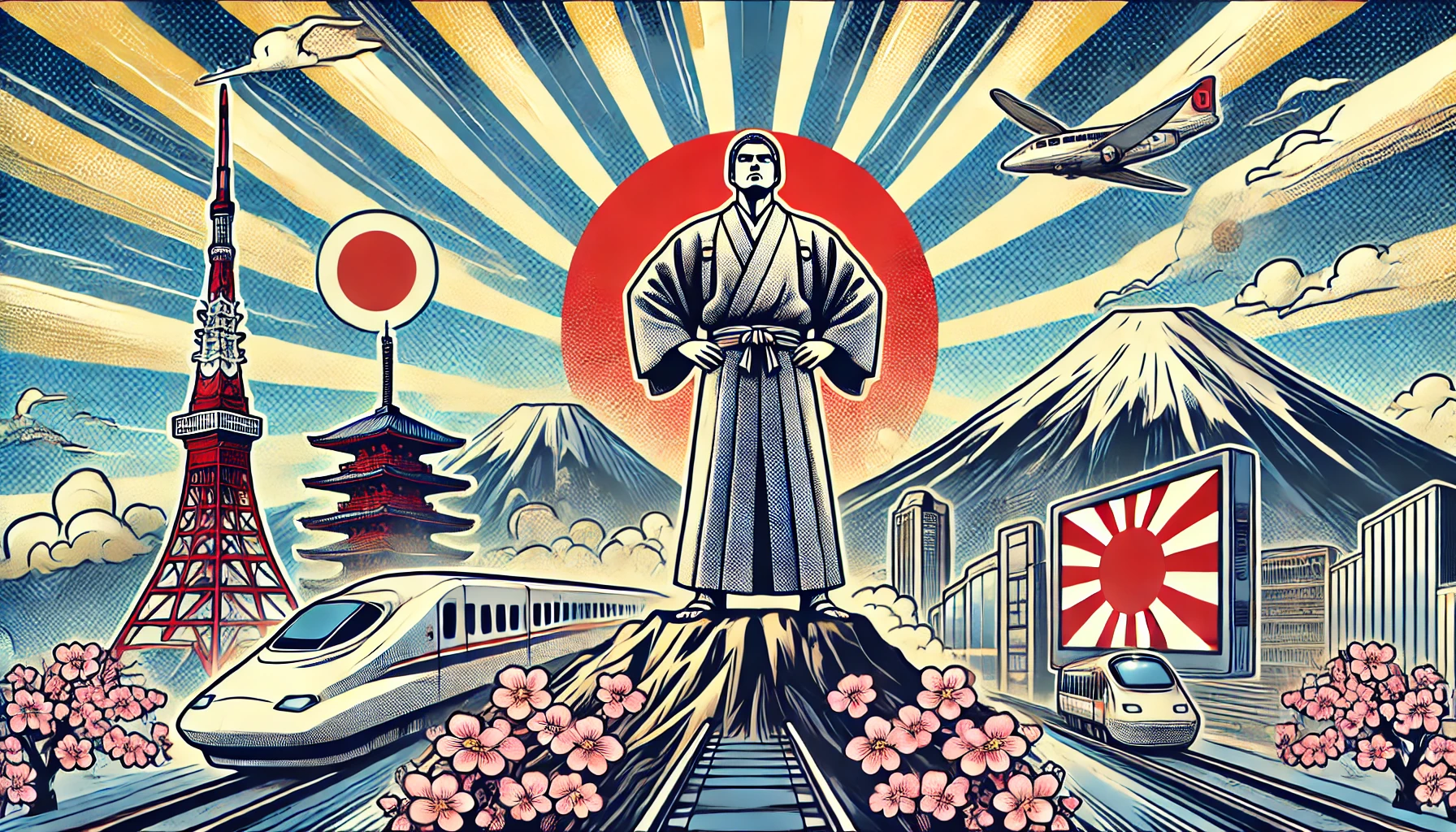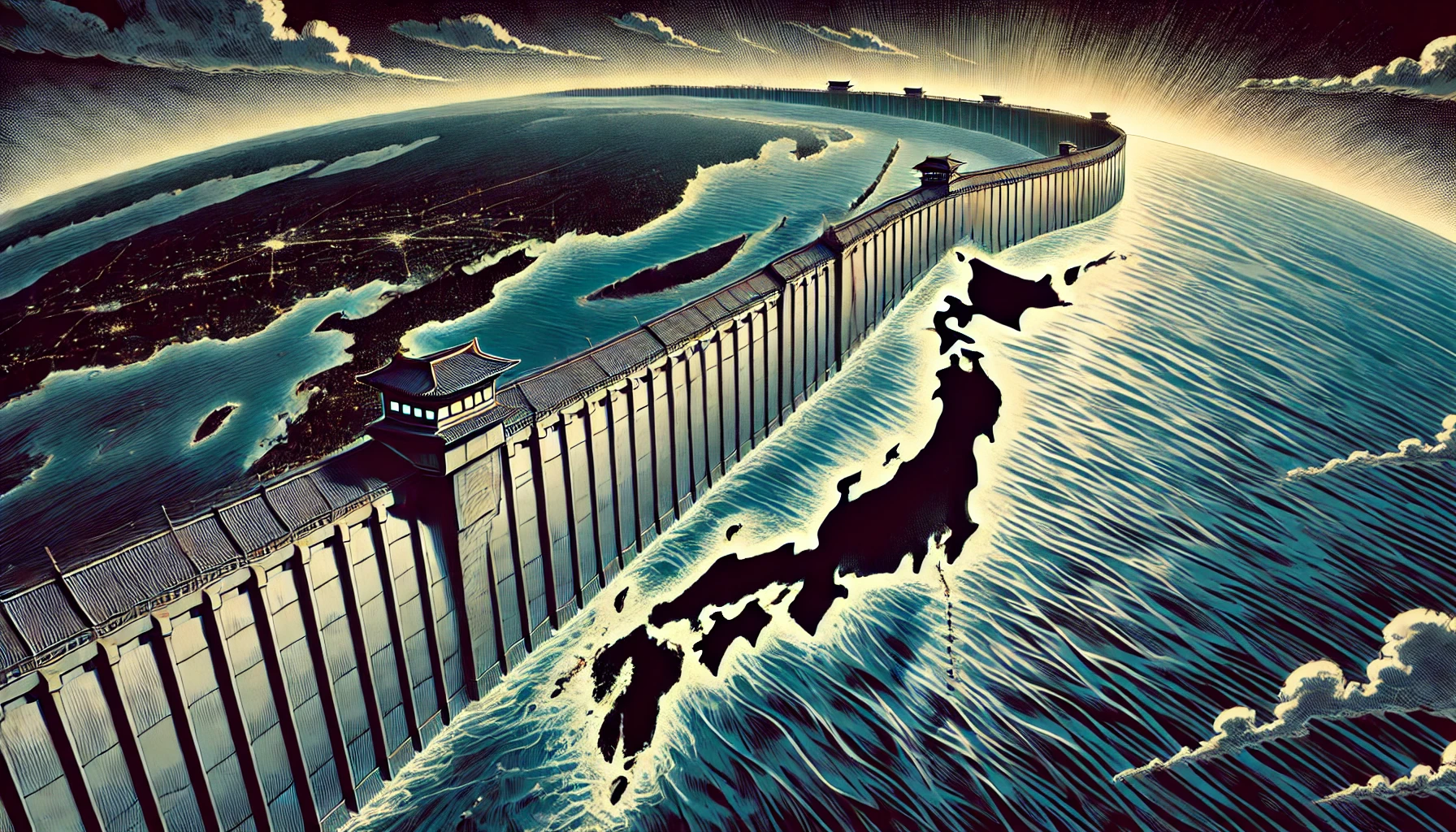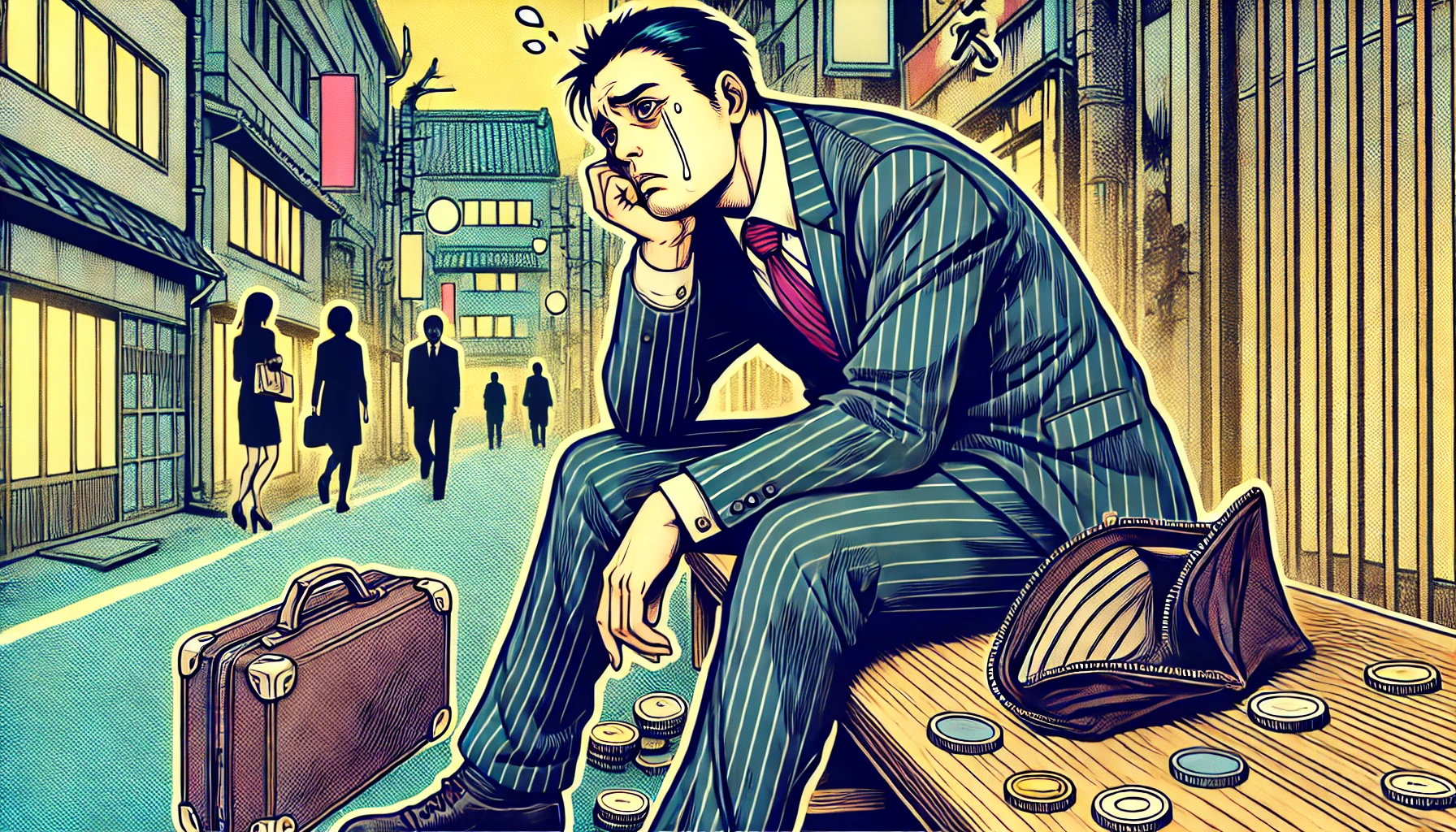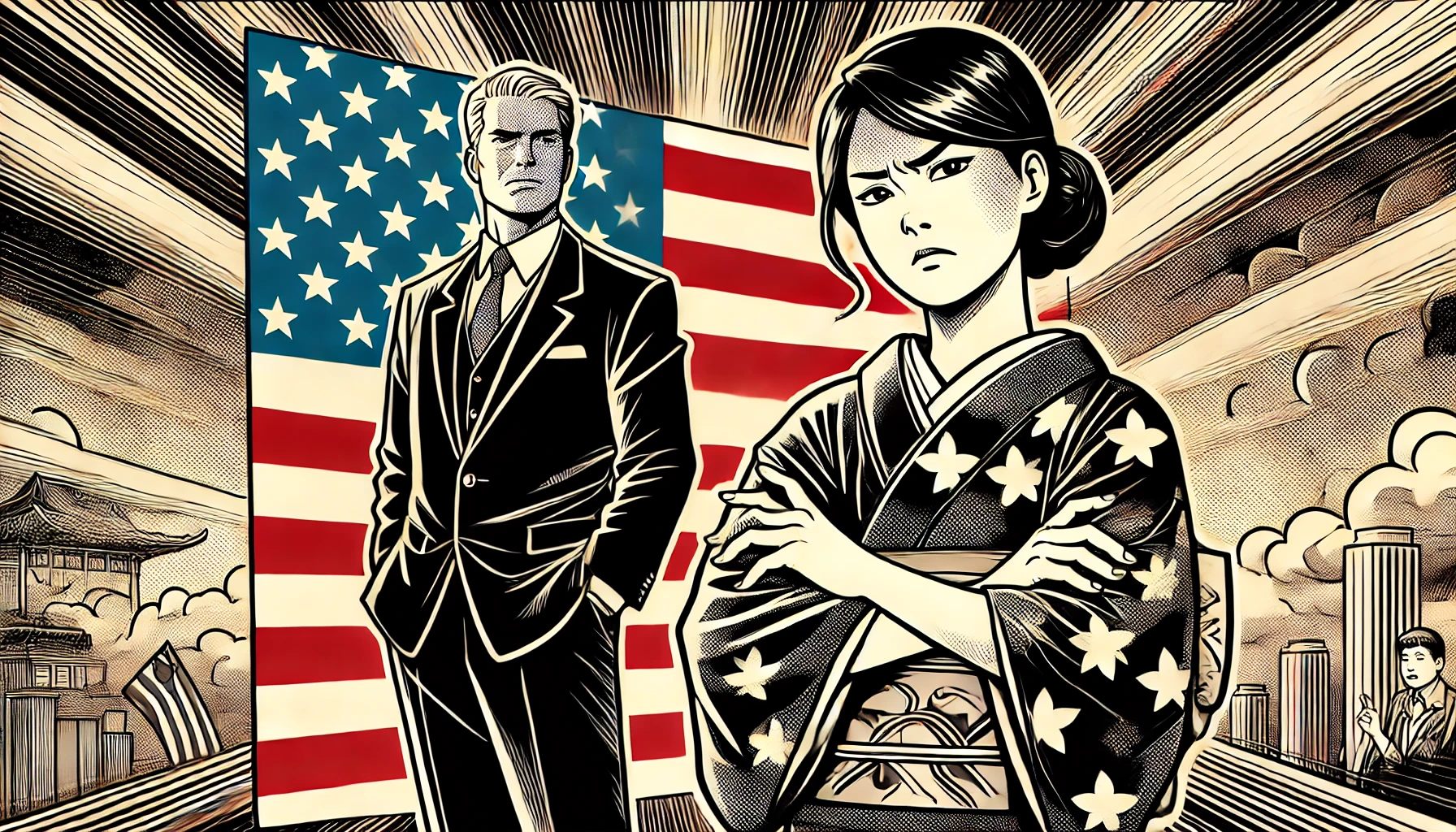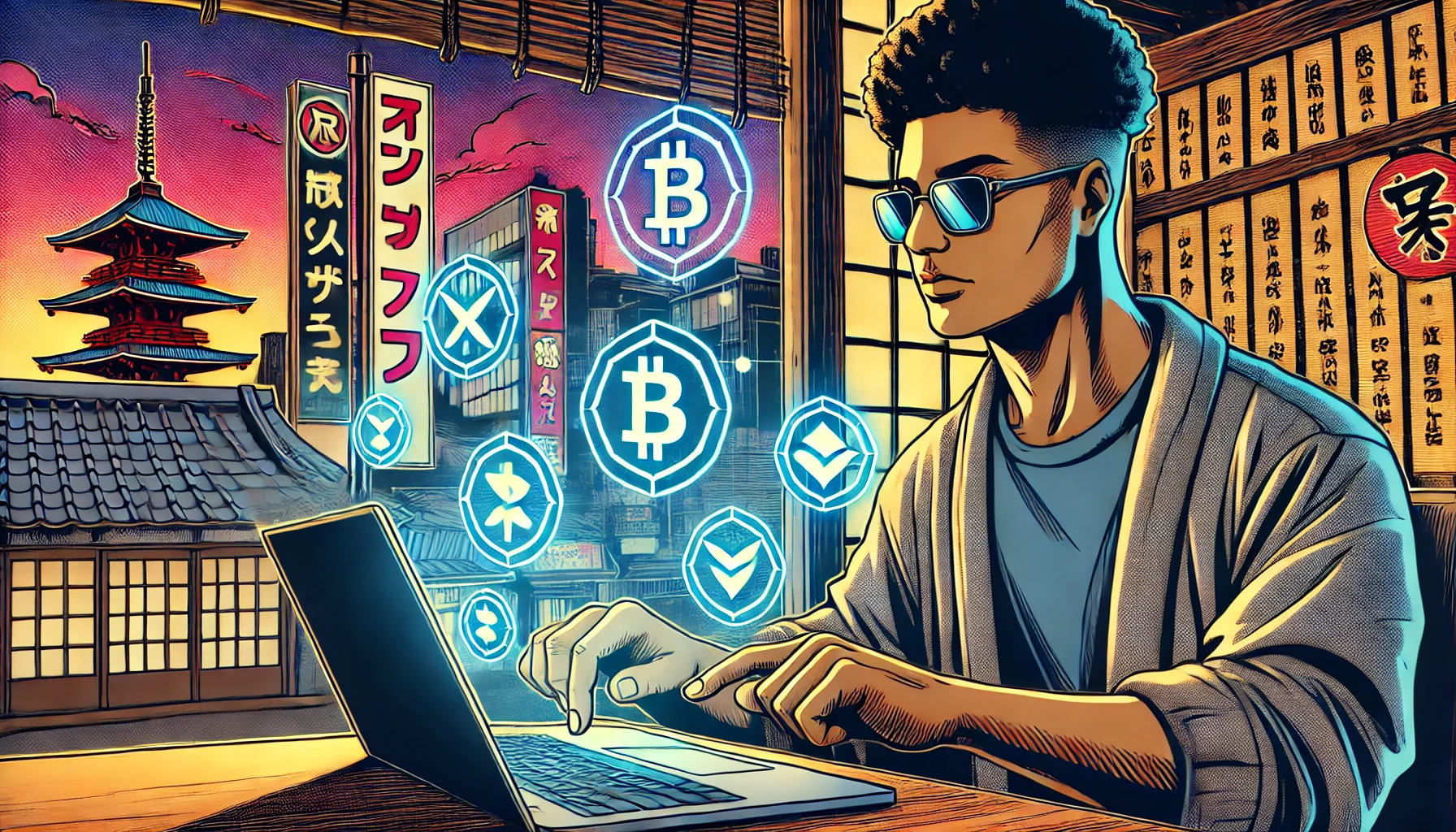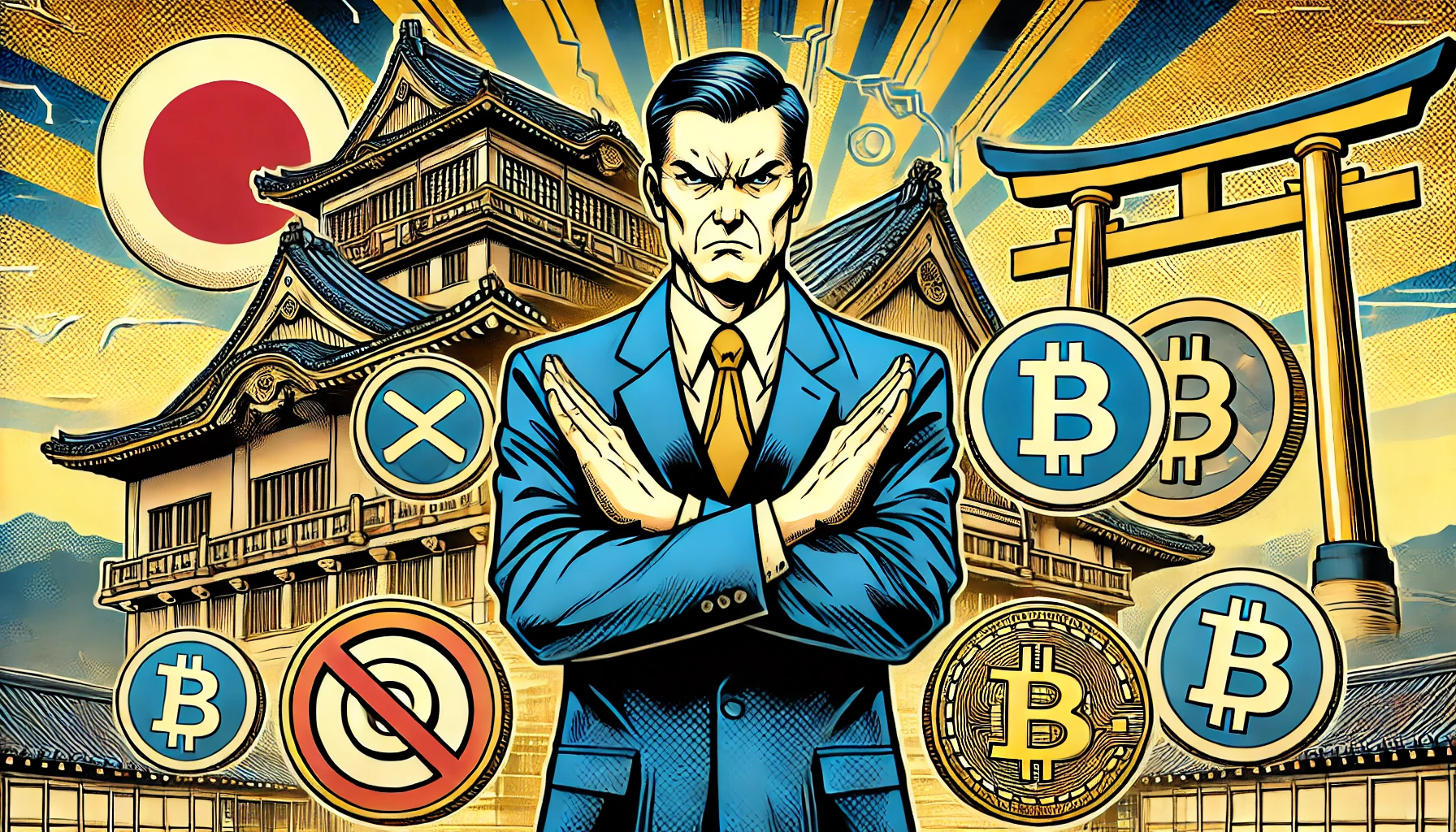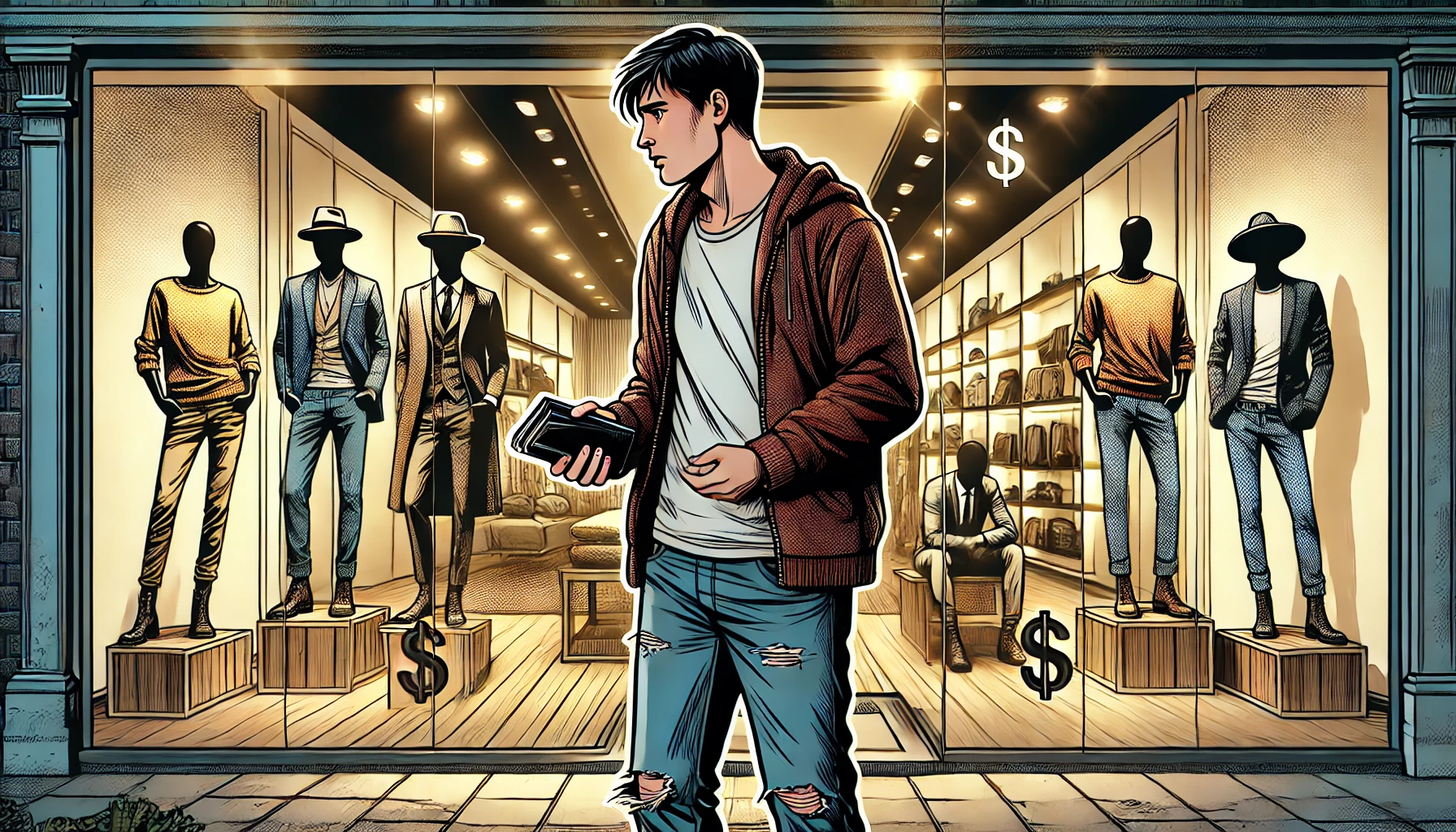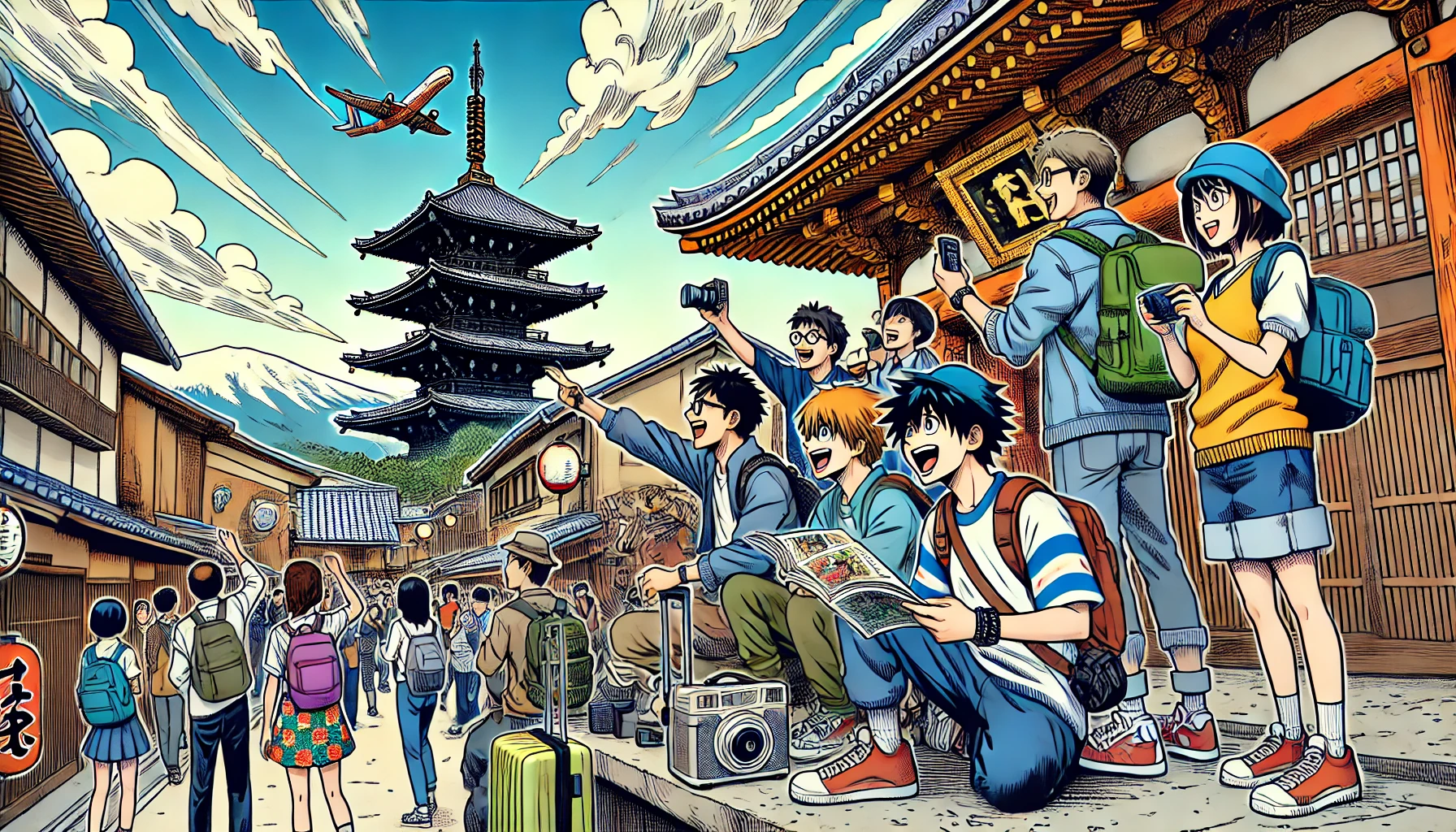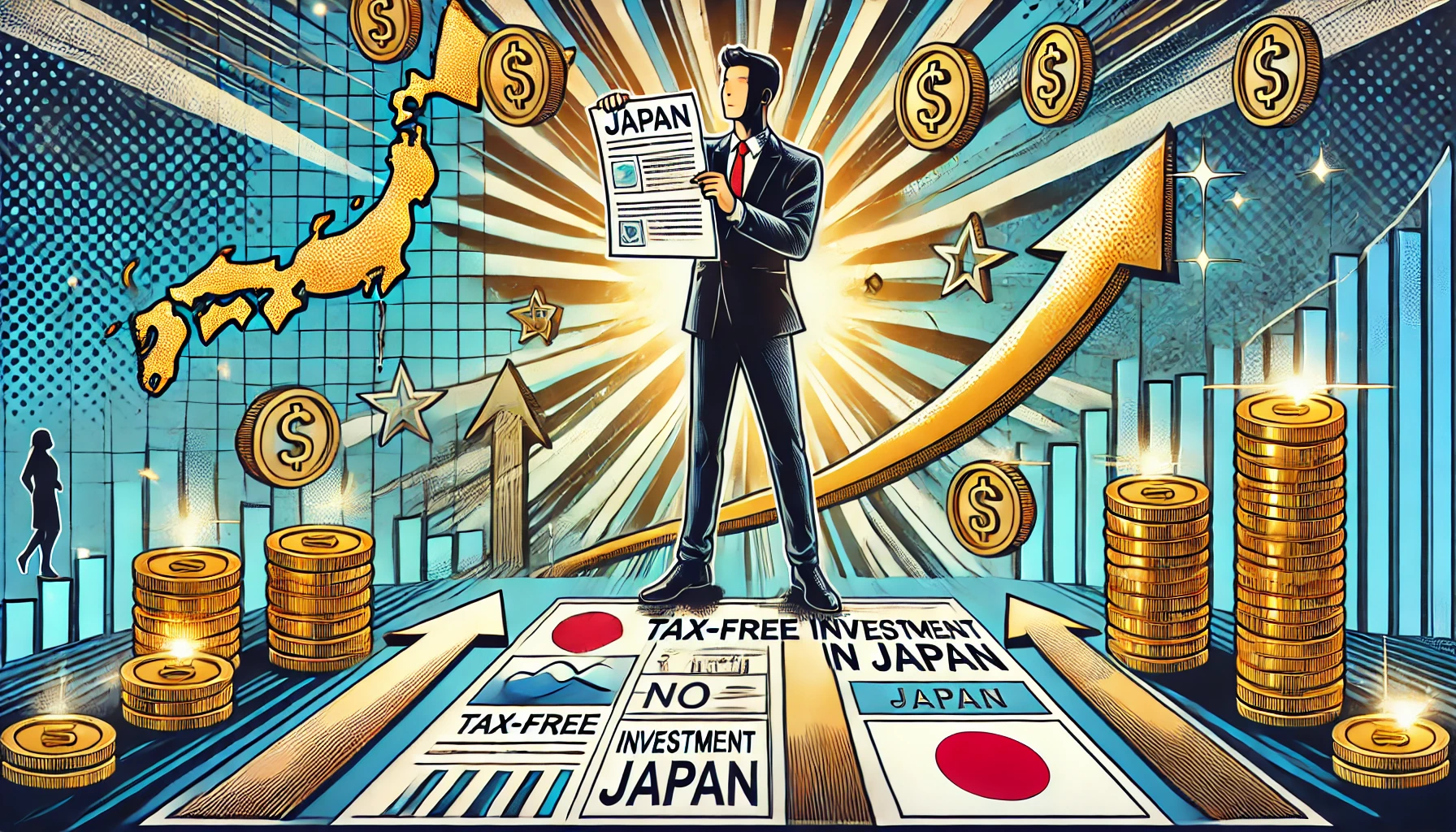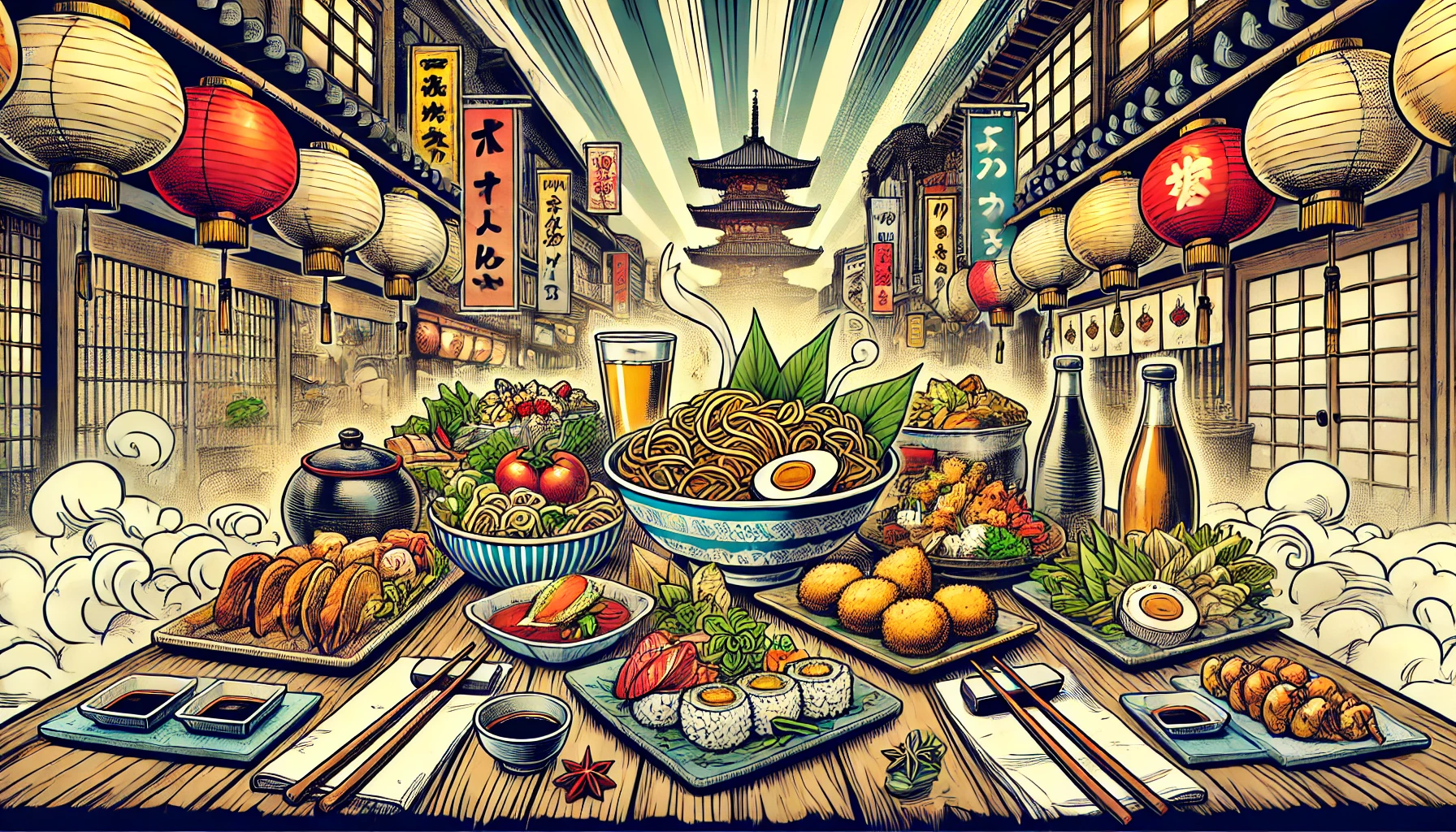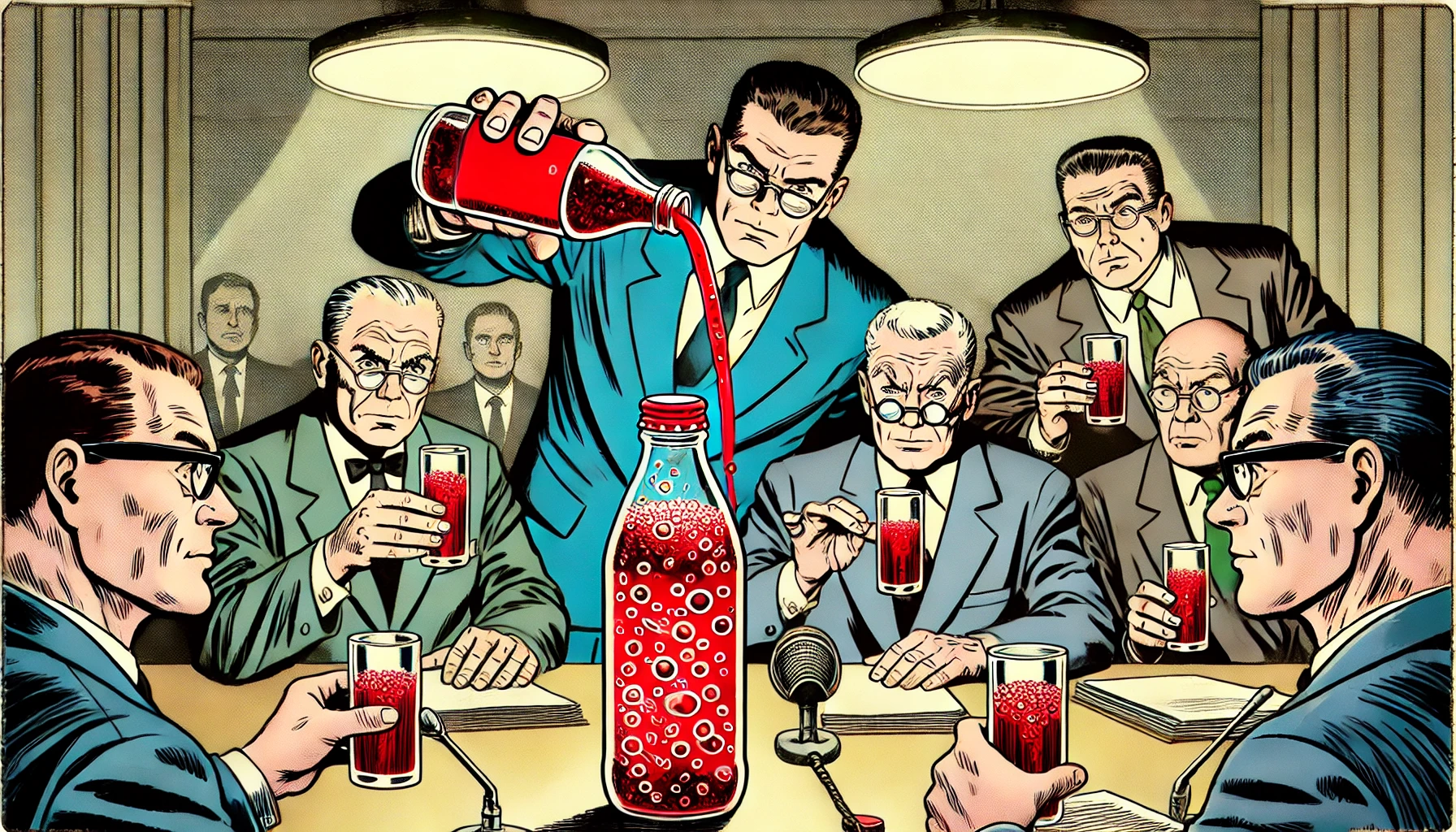
As of July 18, 2025, Donald Trump’s surprising collaboration with Coca-Cola—featuring a new soda made with real sugar cane—has sparked conversations globally. While the announcement stirred political debate in the U.S., Japan’s reaction has been notably more neutral and even curiously positive. Let’s dive into how this unique product and its messaging are being received in Japan, a country where Coca-Cola already enjoys strong market appeal, and where attitudes toward sugar alternatives are shifting.
🇯🇵 Coca-Cola’s Popularity in Japan: A Longstanding Love Affair
Coca-Cola has been deeply rooted in Japanese consumer culture for decades. Unlike in the West, where sugary sodas have seen a steady decline, Coca-Cola maintains a loyal customer base in Japan through:
- 🥤 Frequent limited-edition flavors (like sakura, yuzu, and peach)
- 🏪 Strong convenience store presence
- 🧊 High demand for vending machine cold drinks in hot summers
- 🧃 Successful diversification (e.g. Coca-Cola Clear, Ayataka green tea)
In short, Coca-Cola is not just a drink—it’s part of Japan’s seasonal marketing culture.
🌾 Real Sugar Cane: Why It Matters to Japanese Consumers
In Trump’s announcement, he emphasized that the new Coca-Cola would contain 100% real sugar cane, as opposed to high-fructose corn syrup (HFCS). Interestingly, this aligns with a growing interest among Japanese consumers in natural sweeteners and “clean label” products. Here’s why:
- 🧪 Japan has long been cautious with artificial sweeteners like aspartame.
- 🍯 There is growing interest in raw or less processed food and beverages.
- 🧑🌾 Some regions in Japan produce sugar cane themselves (like Okinawa), so the concept feels familiar and not foreign.
While Trump’s name is politically polarizing, the product concept resonates with Japan’s slow-food, ingredient-conscious culture.
🇺🇸 Political Angle? Not Really in Japan
In Japan, the association with Trump has not generated the same political noise as in America. Instead:
- 🇯🇵 Japanese consumers tend to separate product quality from political affiliations.
- 🗞 Local coverage focused more on the “nostalgic and premium” feel of using real sugar, not on Trump himself.
- 🍶 The “real sugar” narrative was likened to traditional Japanese drinks like ramune, which are known for a more natural sweetness.
So while the product is heavily politicized in the U.S., it’s just another “interesting import” in Japan.
💬 Japanese Social Media Reactions
Here are some common sentiments found on platforms like Twitter (X) and Instagram:
- “Real sugar Coca-Cola sounds like a nice treat. Better than the usual corn syrup stuff.”
- “Is this a Trump thing? I don’t care, I’d try it if it tastes better.”
- “Sugar cane is used in Japanese sweets too, so I’m open to it!”
In summary, Japanese consumers seem more curious than critical—a sharp contrast to the U.S. reaction.
🍬 Will It Succeed in Japan?
The odds are favorable. Coca-Cola Japan is known for regional adaptations and premium lines, so a real sugar cane version may be positioned as a limited-edition luxury soda or nostalgic throwback.
Whether Trump’s name stays on the label or fades into the background, the real cane sugar angle is what seems to appeal most.
Final Thoughts 🧃
While political branding may spark division in some countries, Japan’s reception to the Real Sugar Cane Coca-Cola suggests that taste, quality, and natural ingredients still matter most. If Coca-Cola Japan chooses to market this product domestically—perhaps even with a Japan-exclusive flavor twist—it could become the next seasonal hit in convenience stores nationwide.


